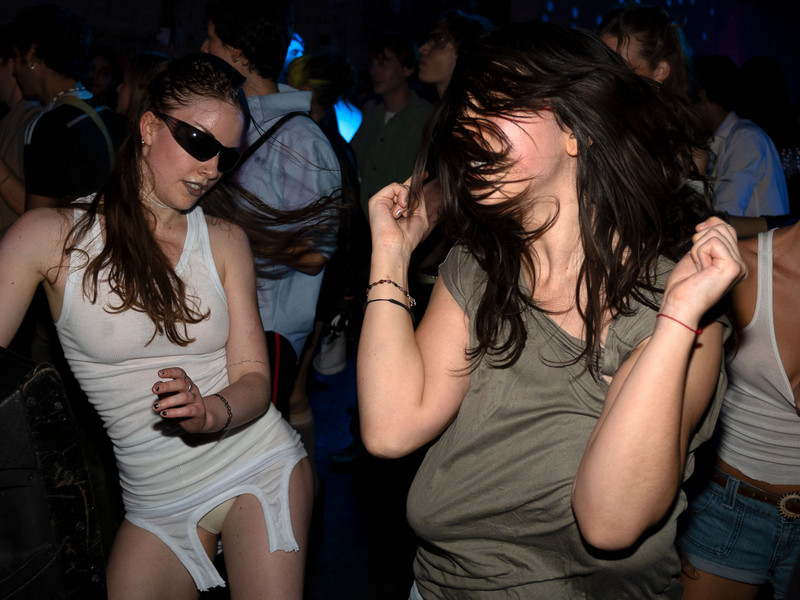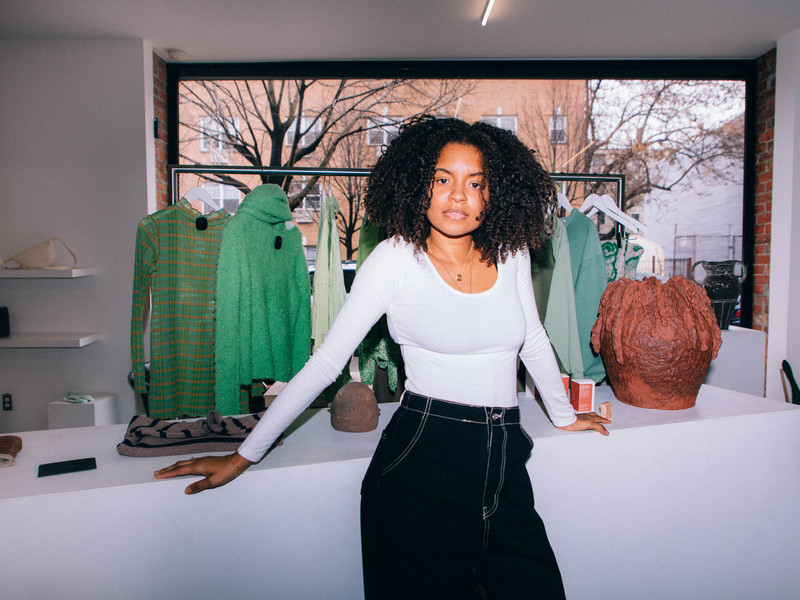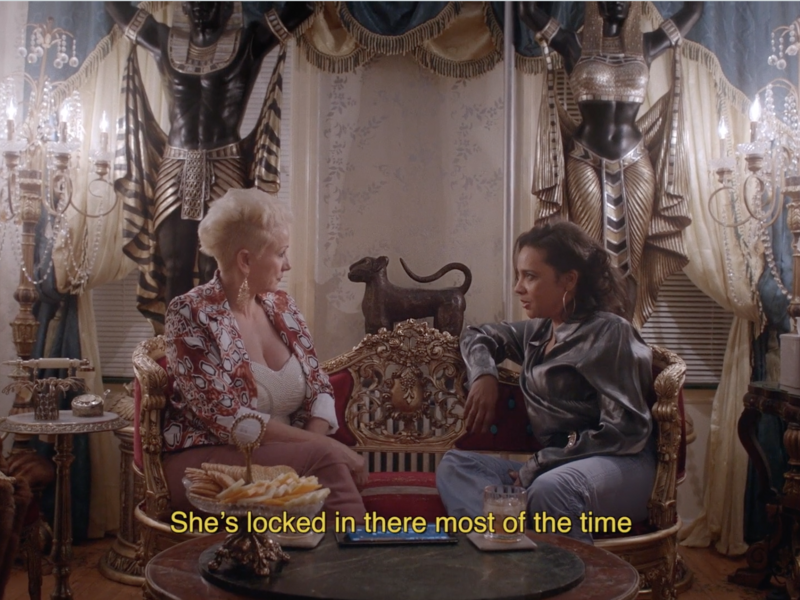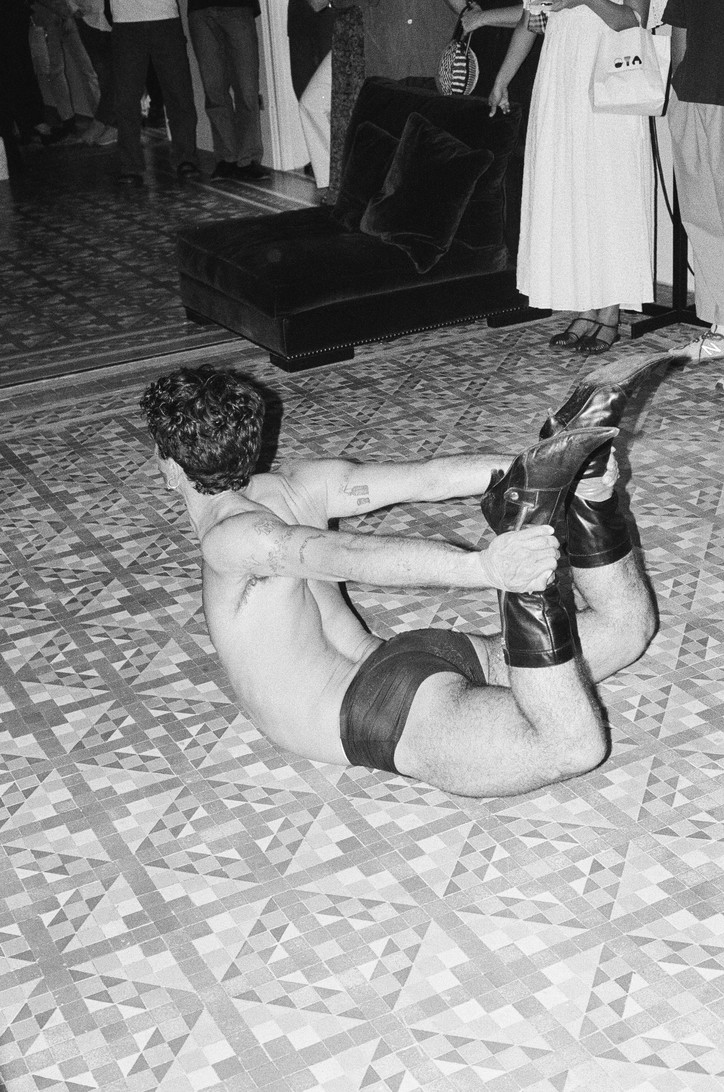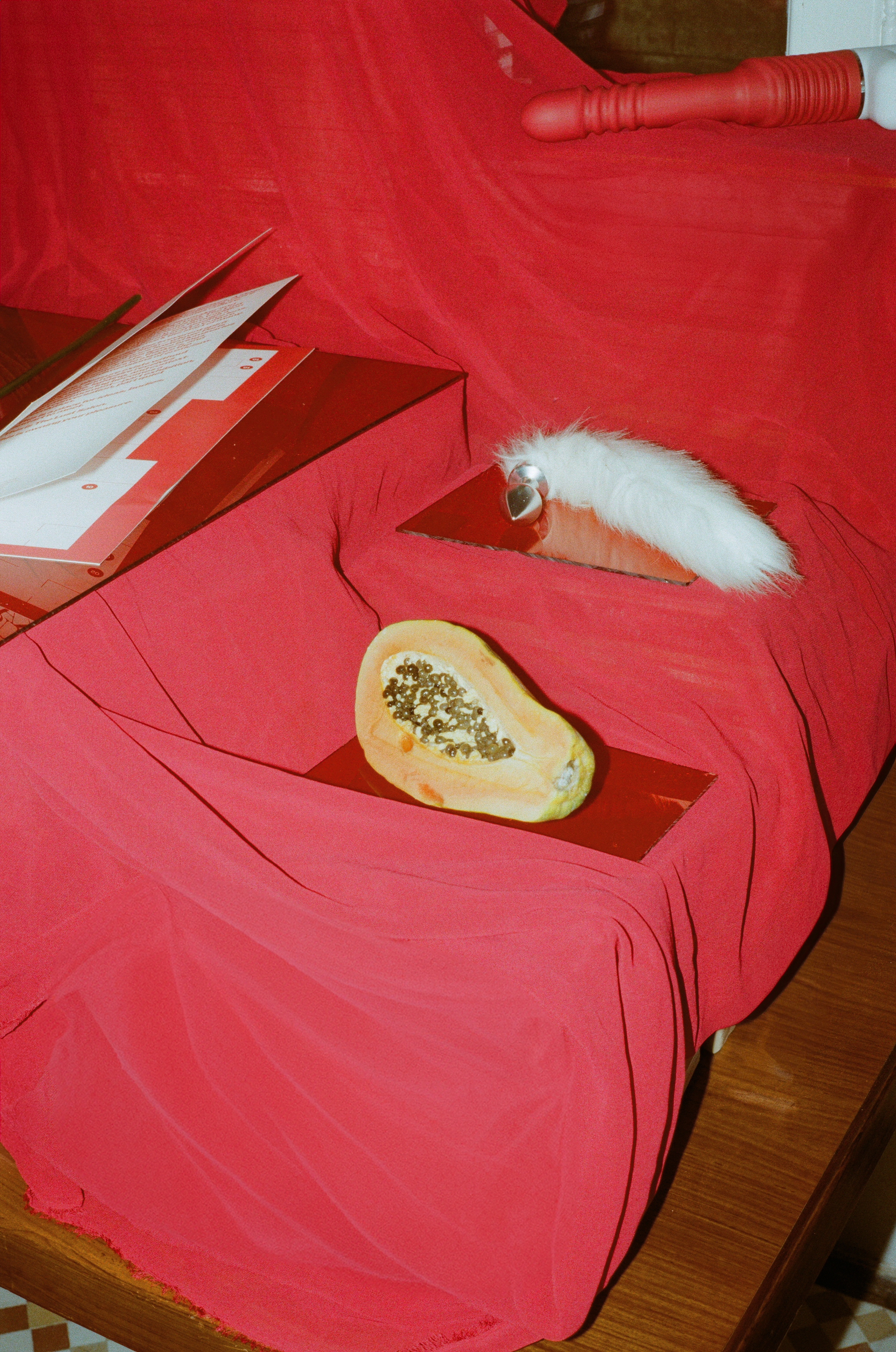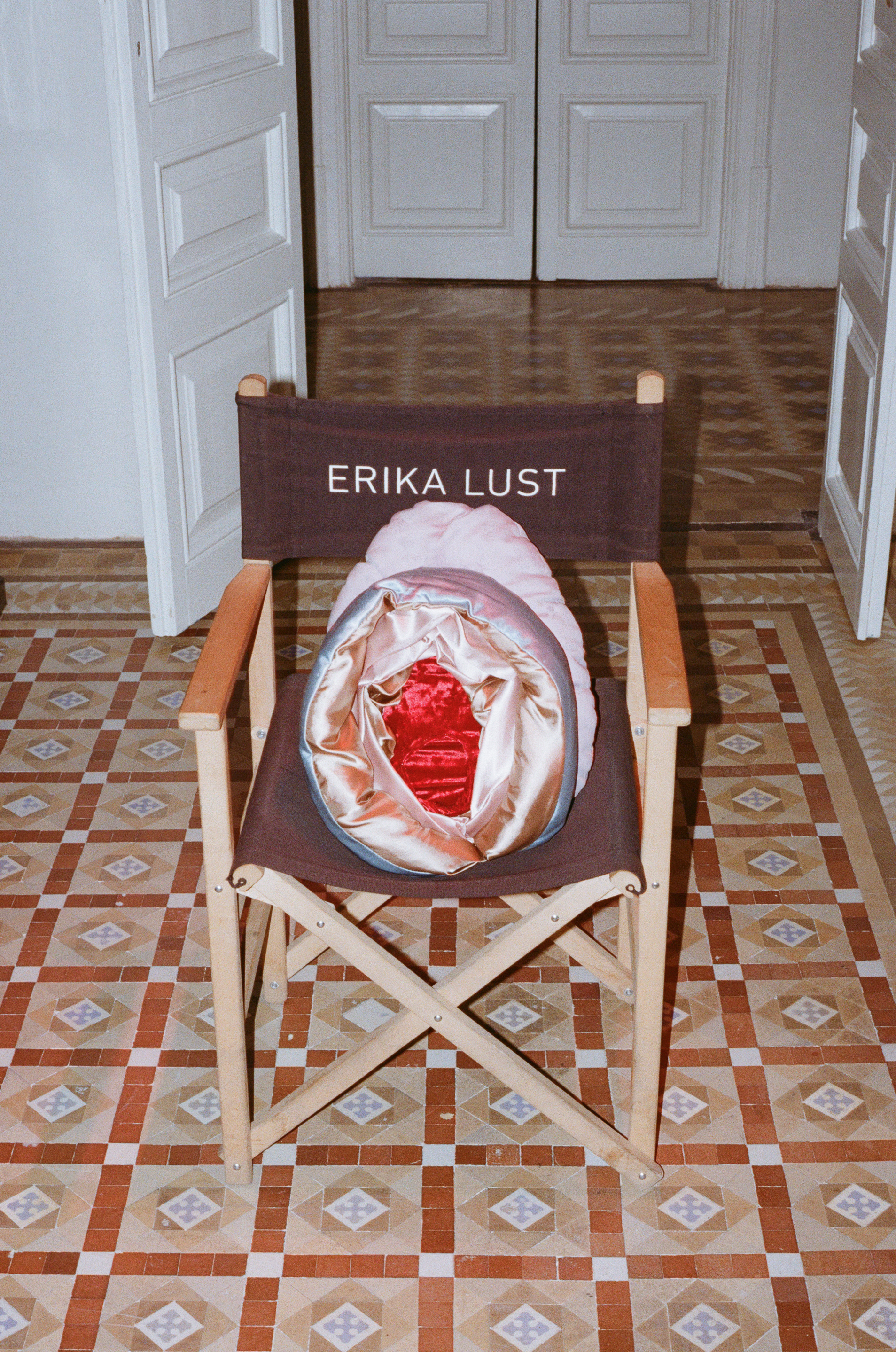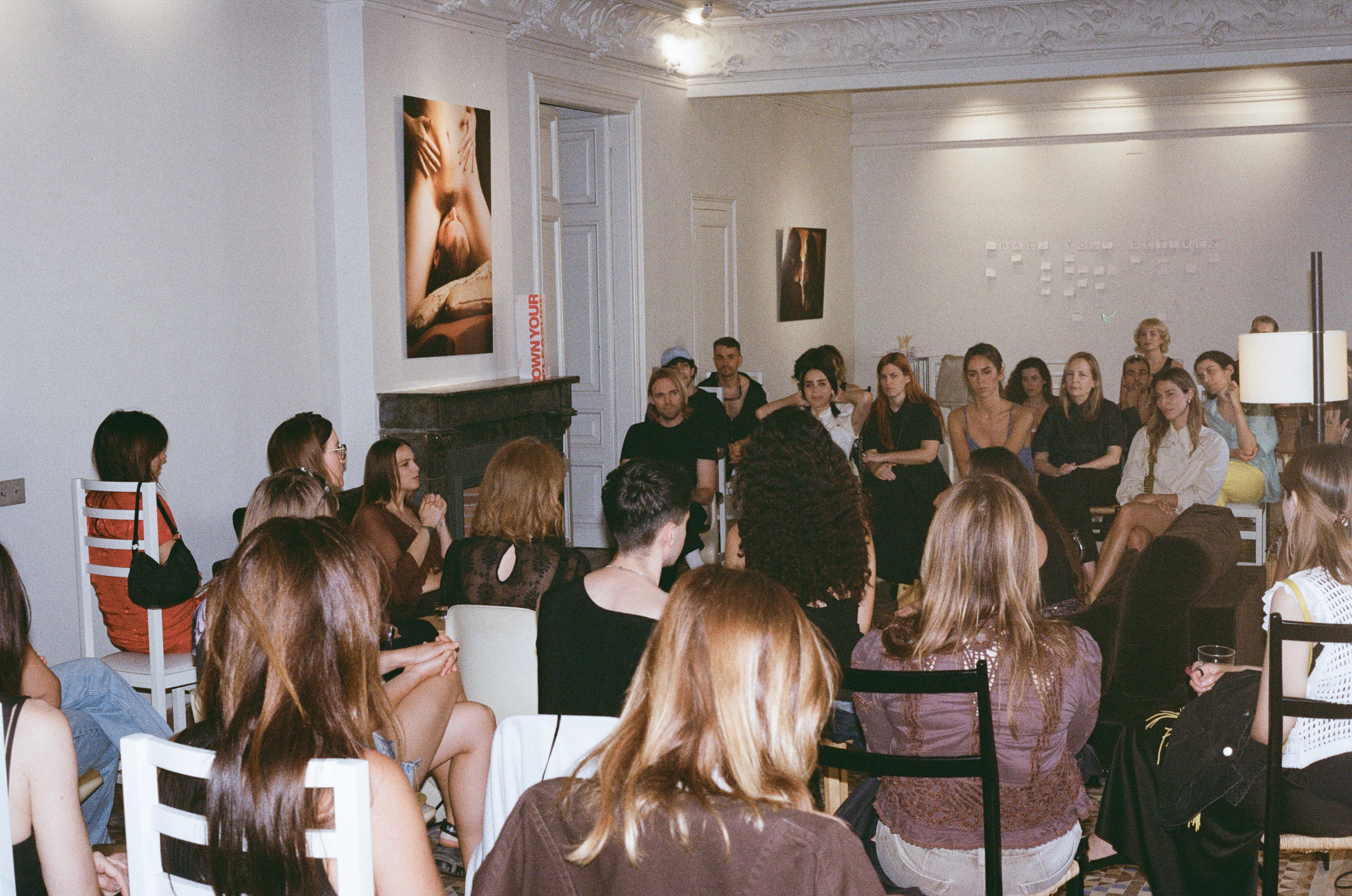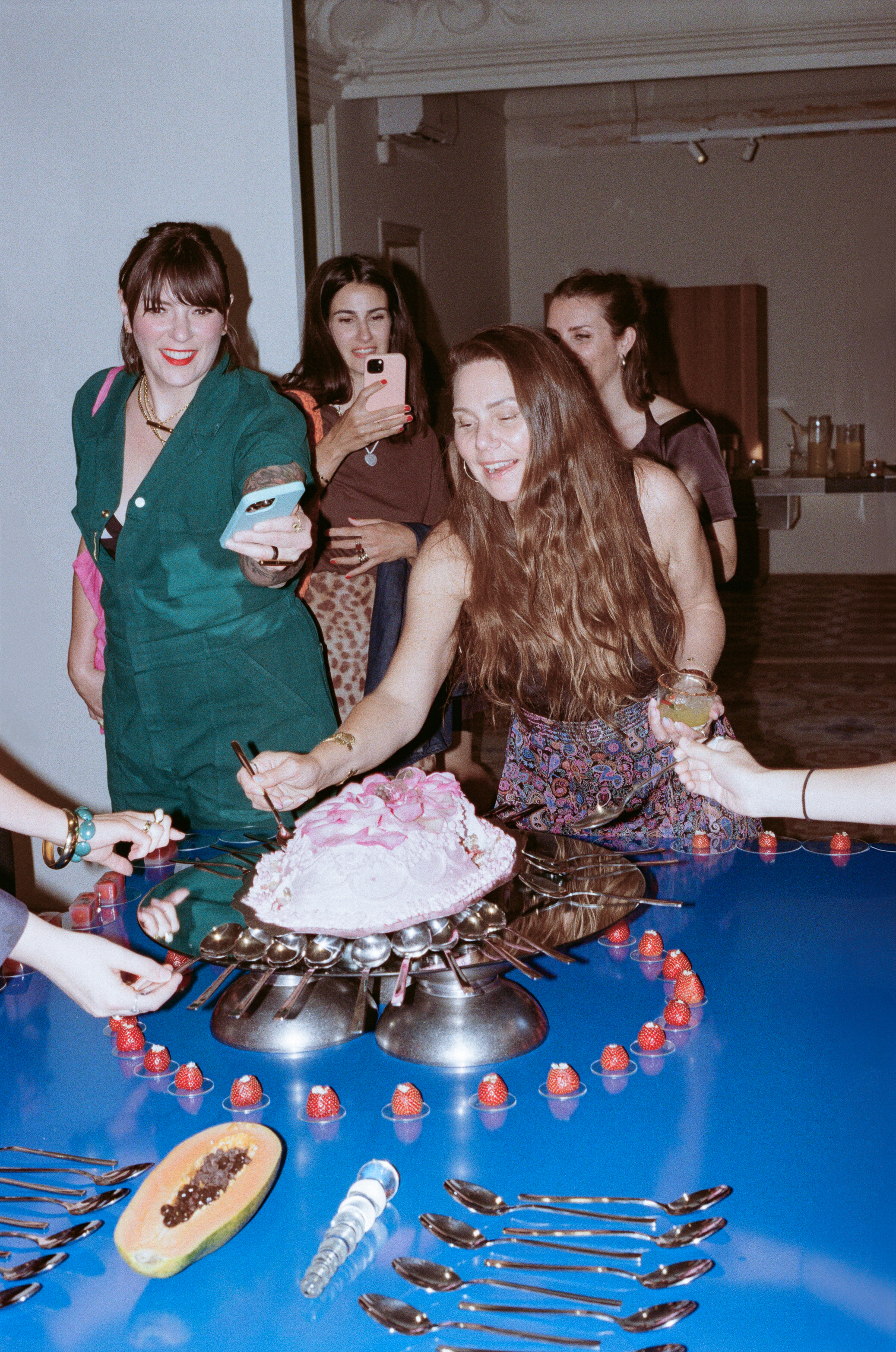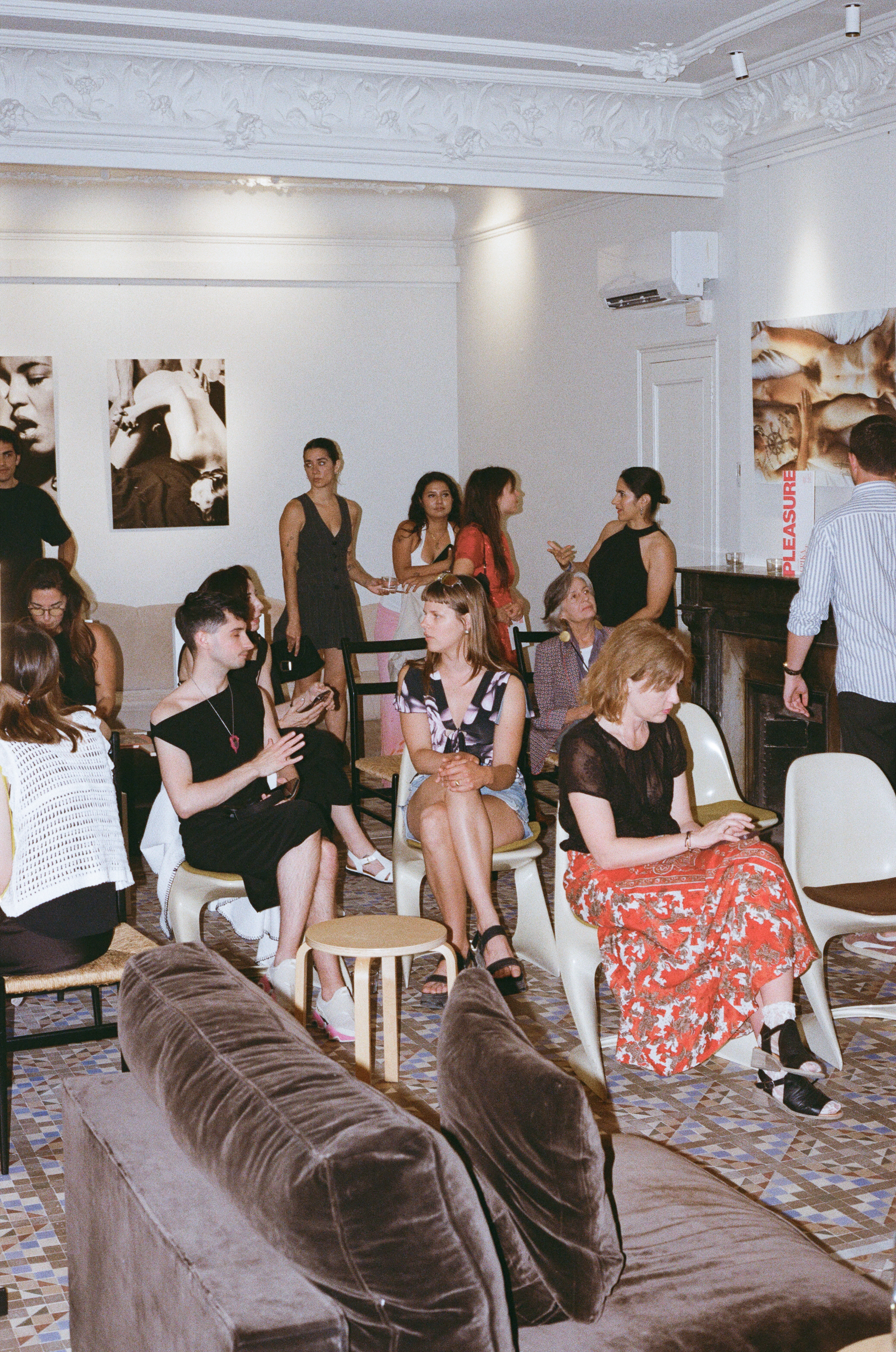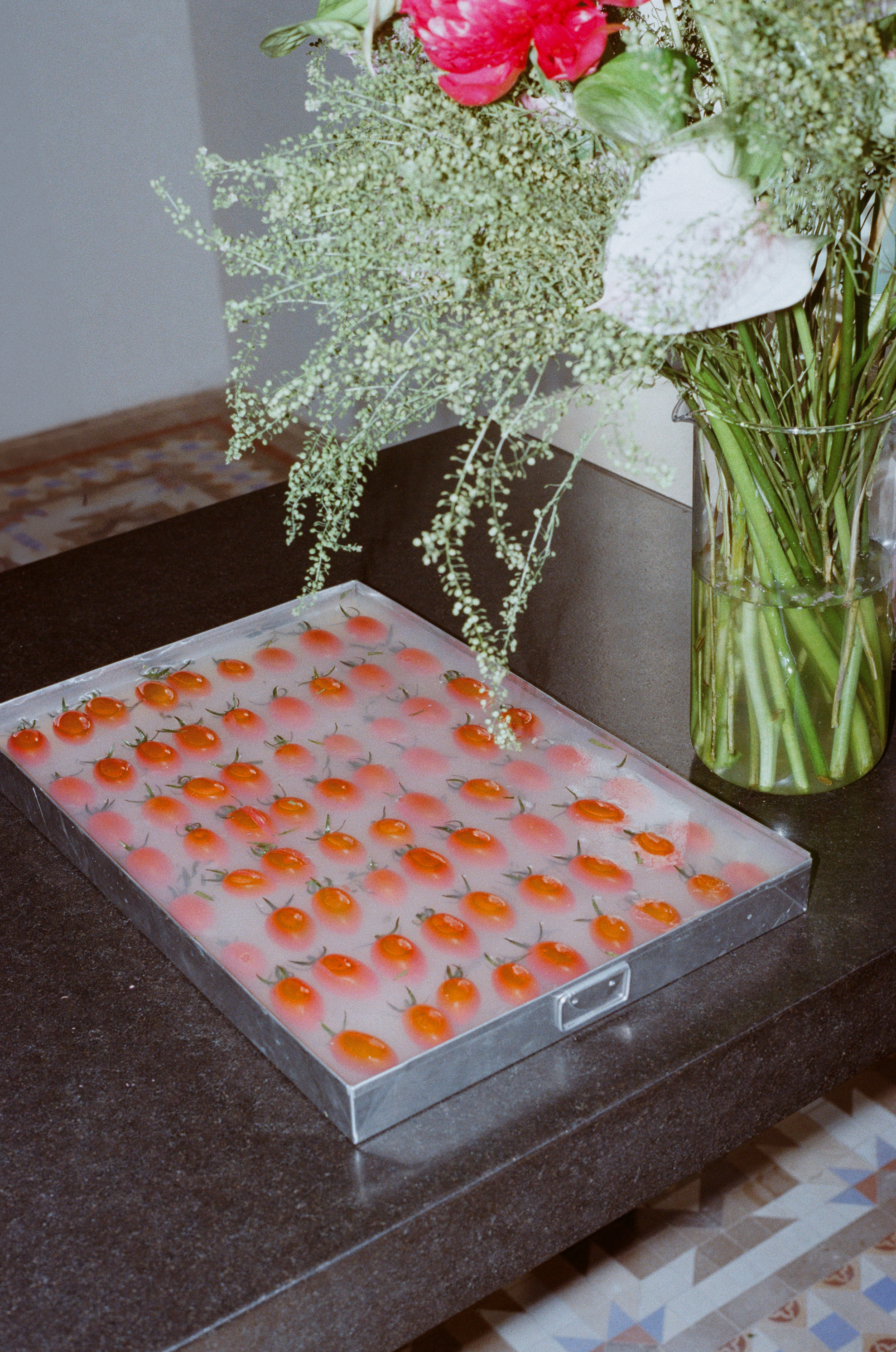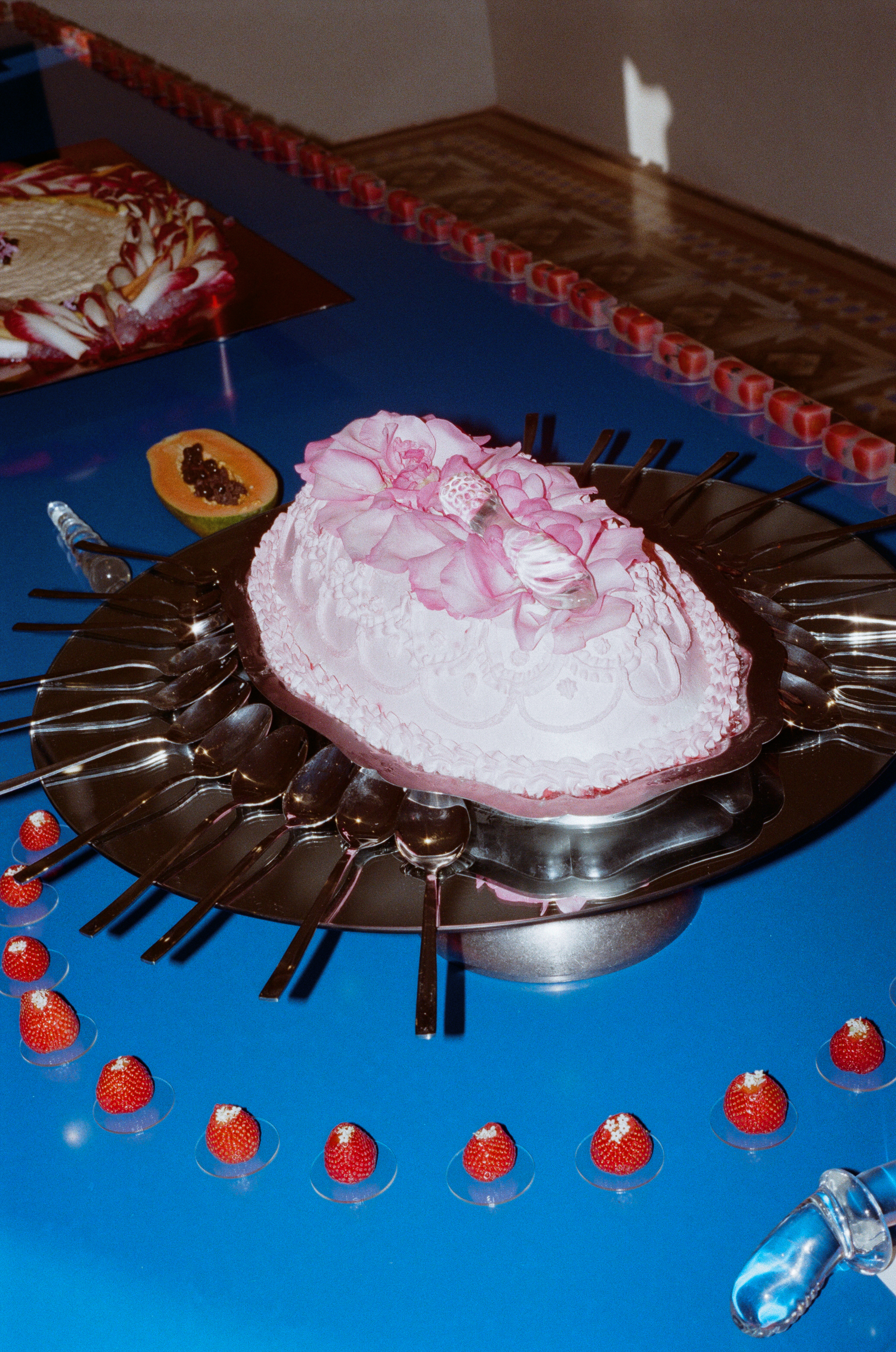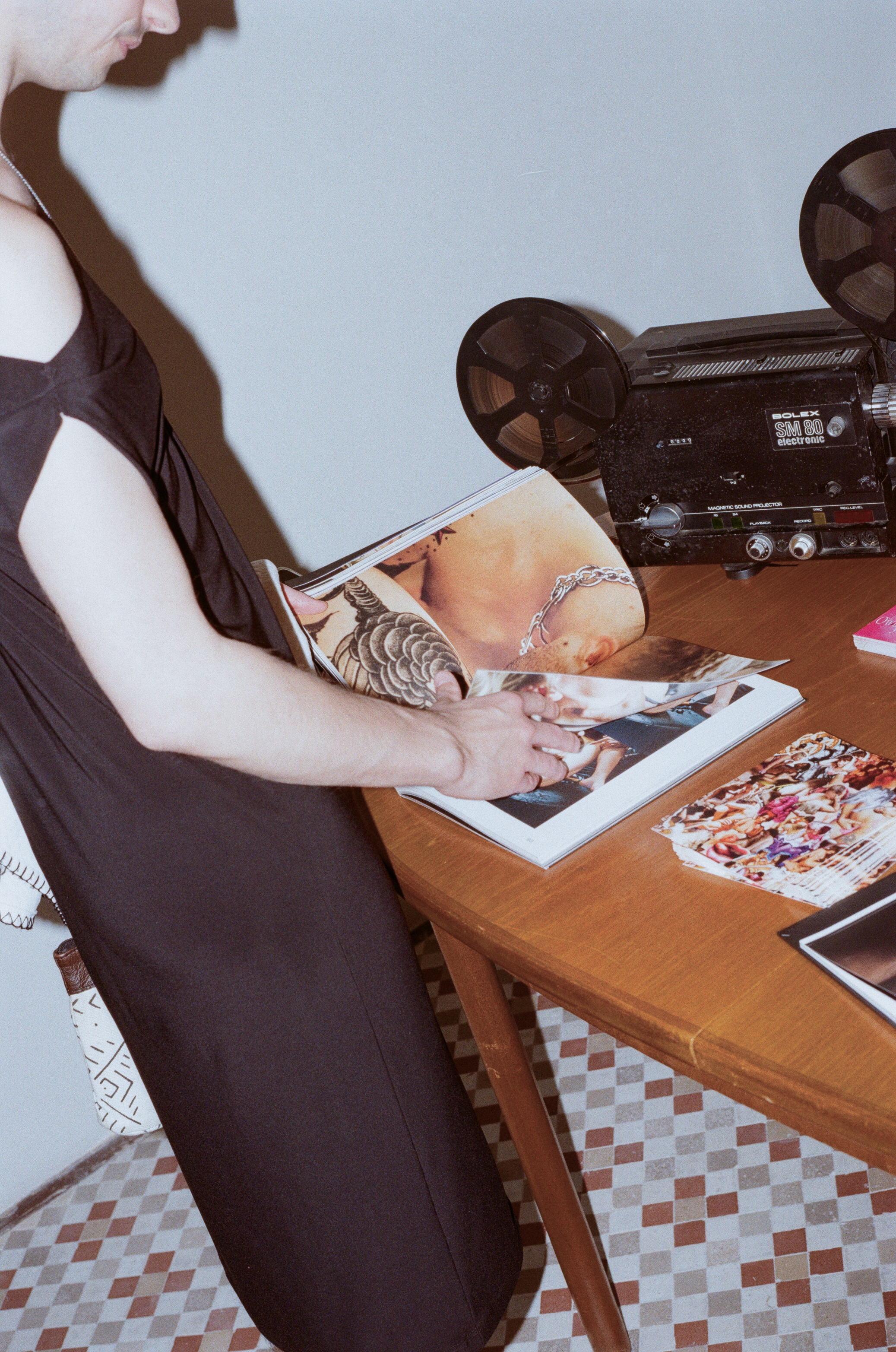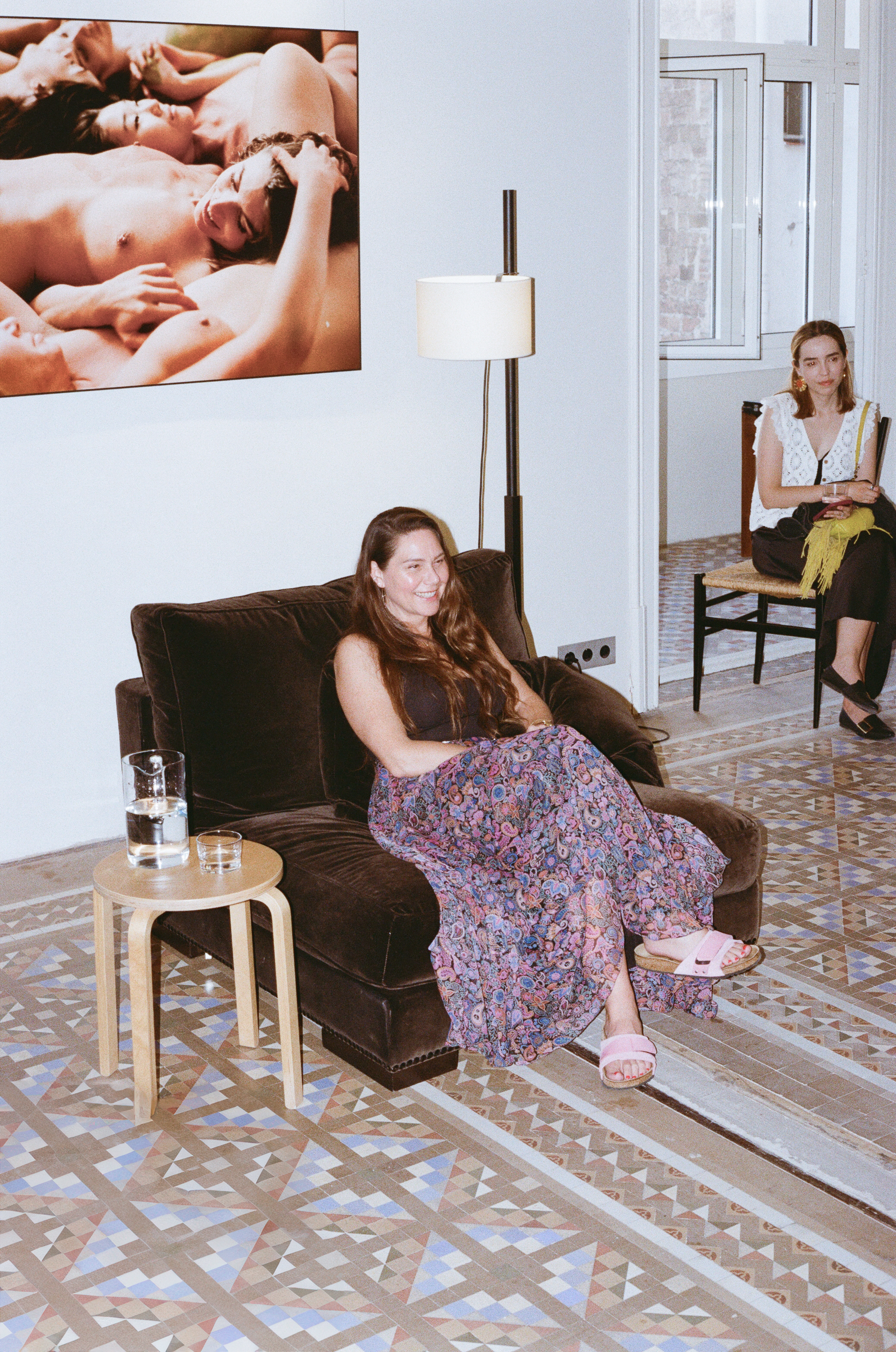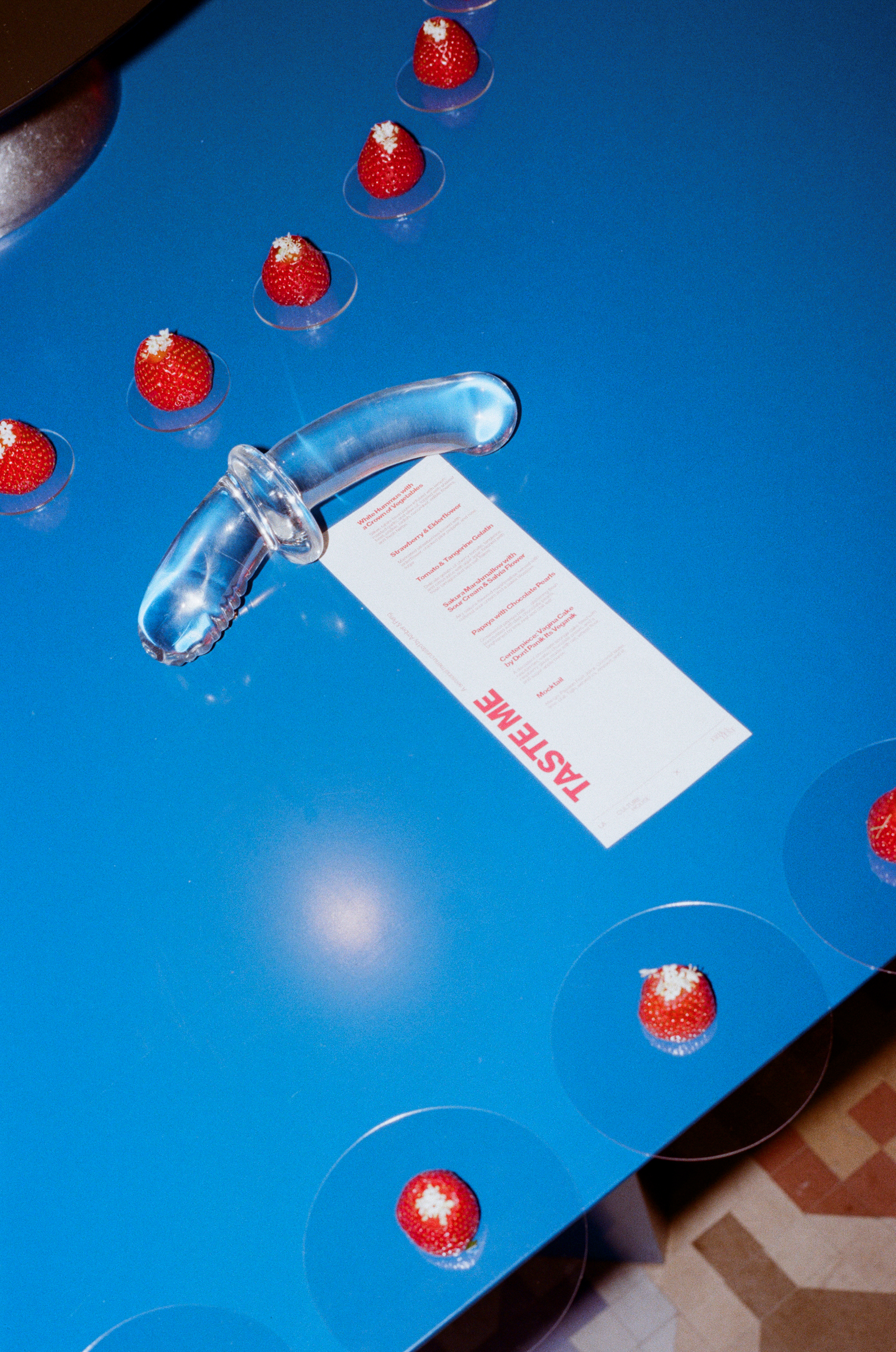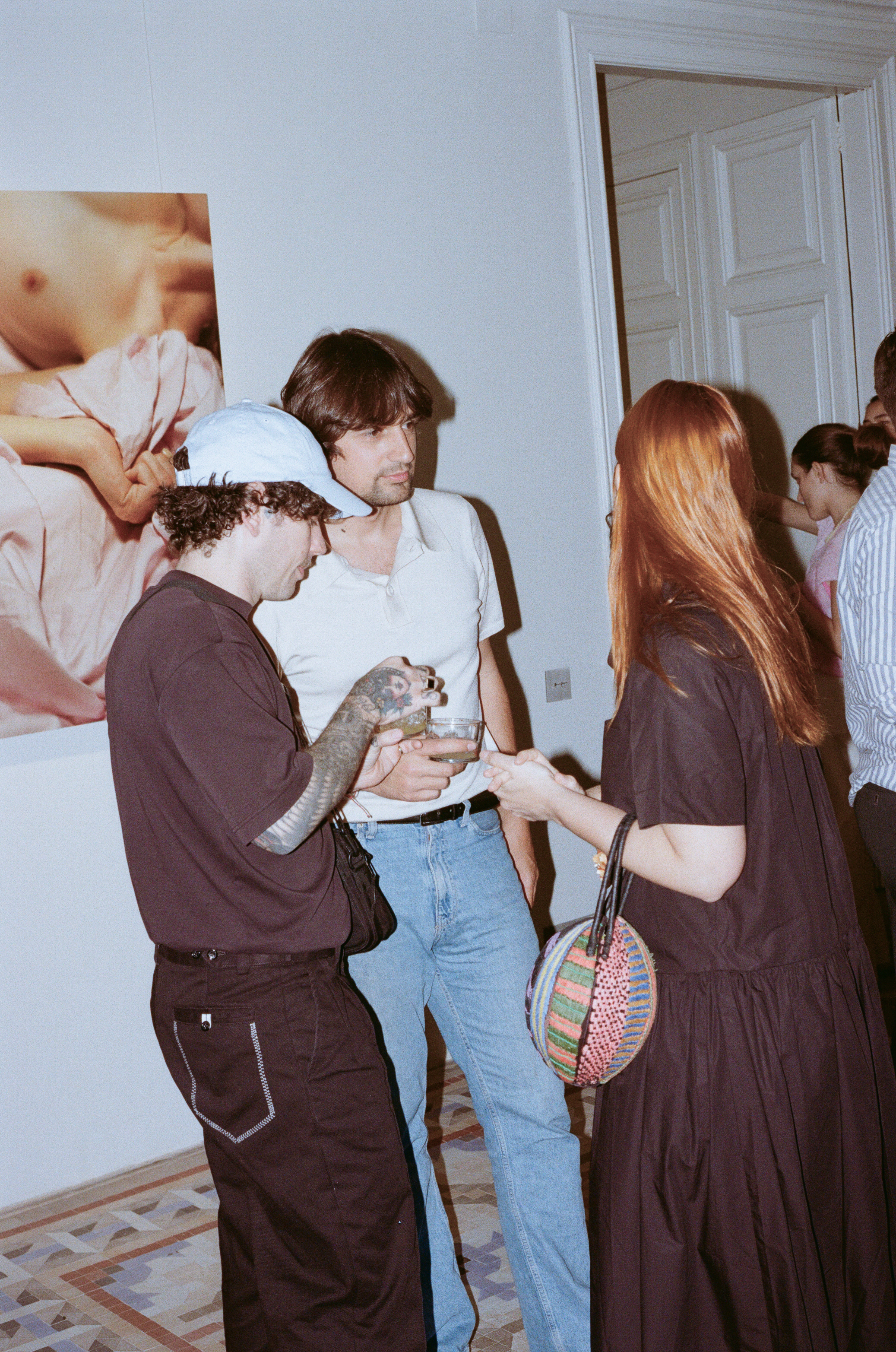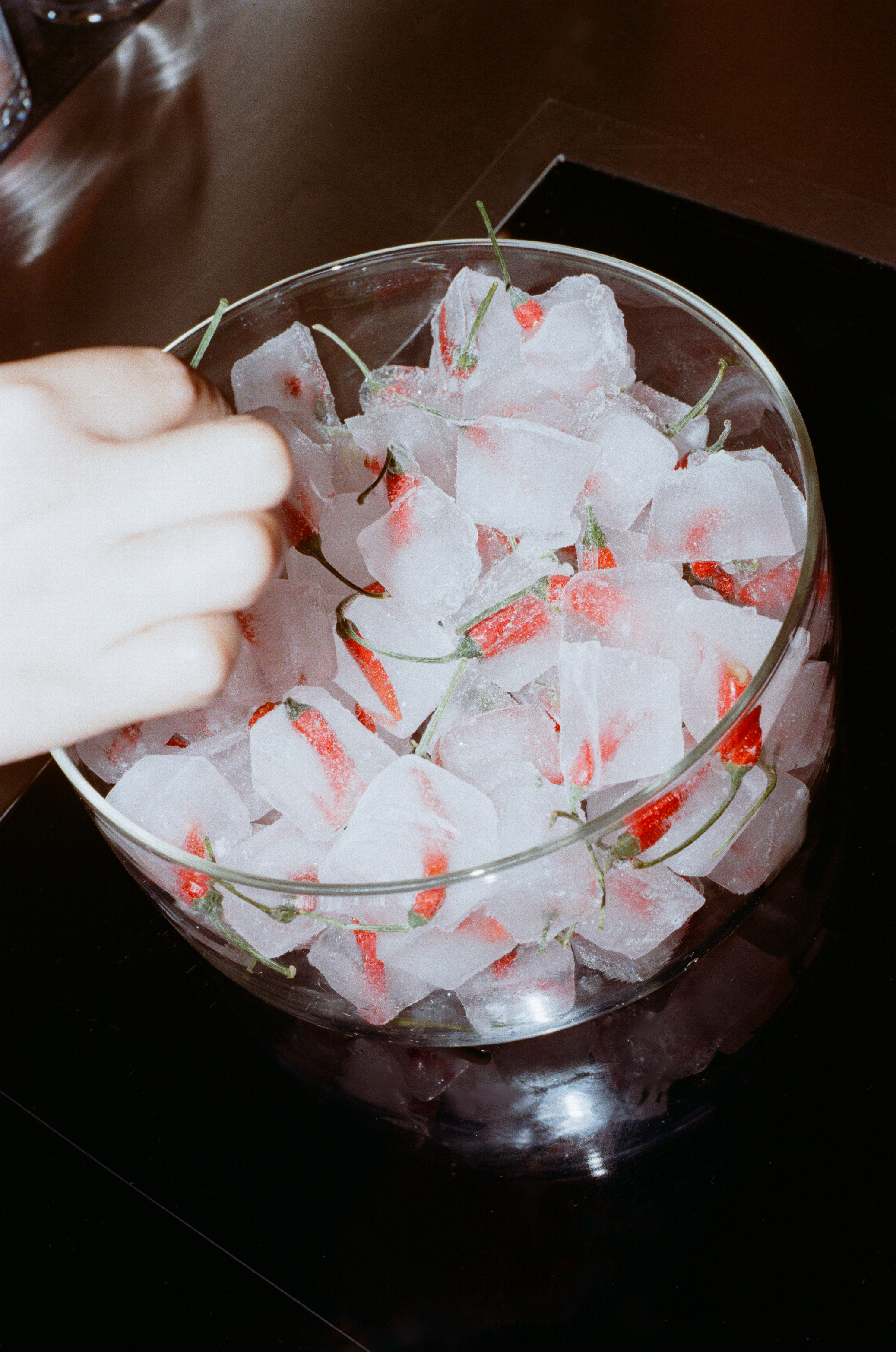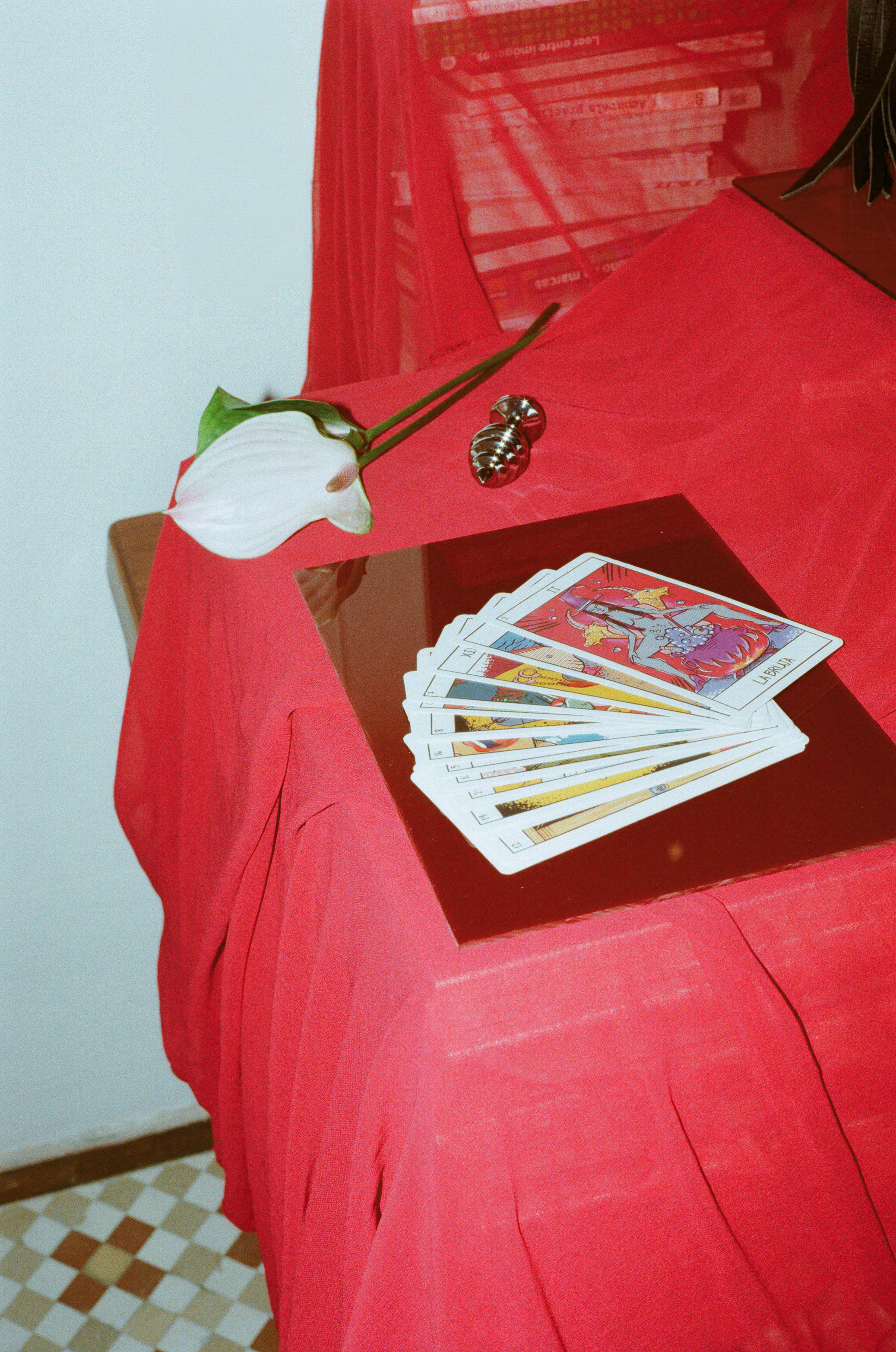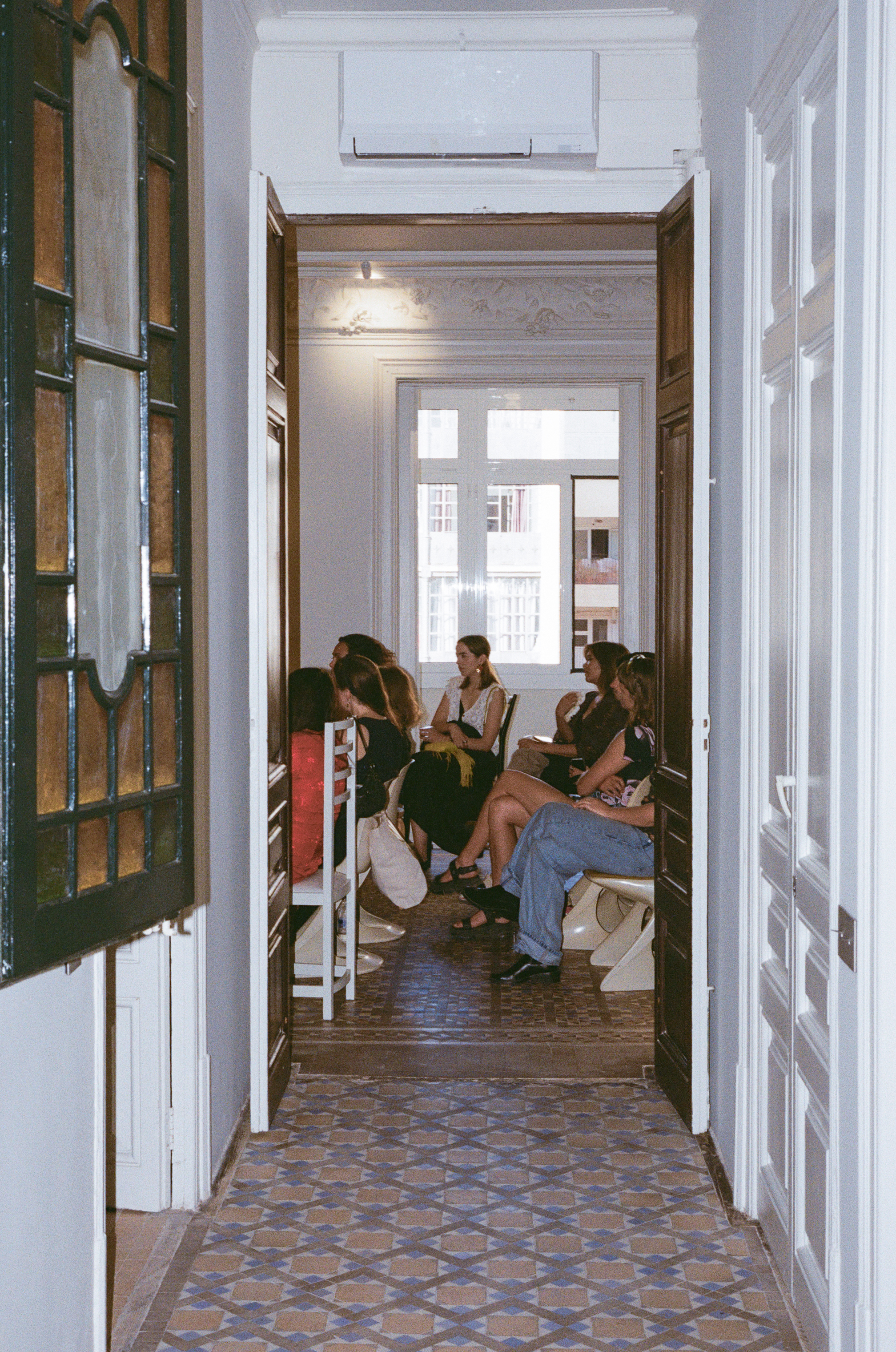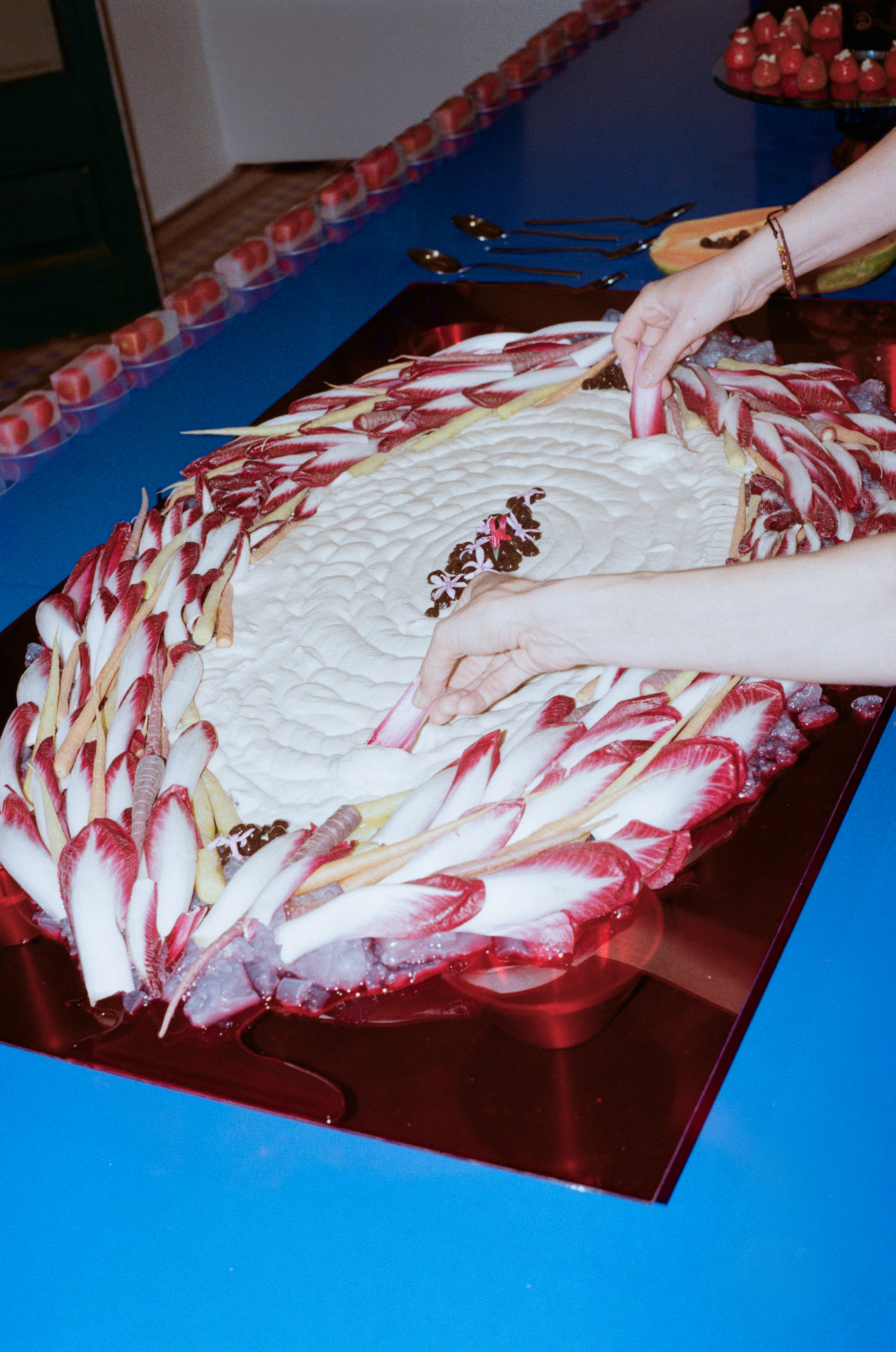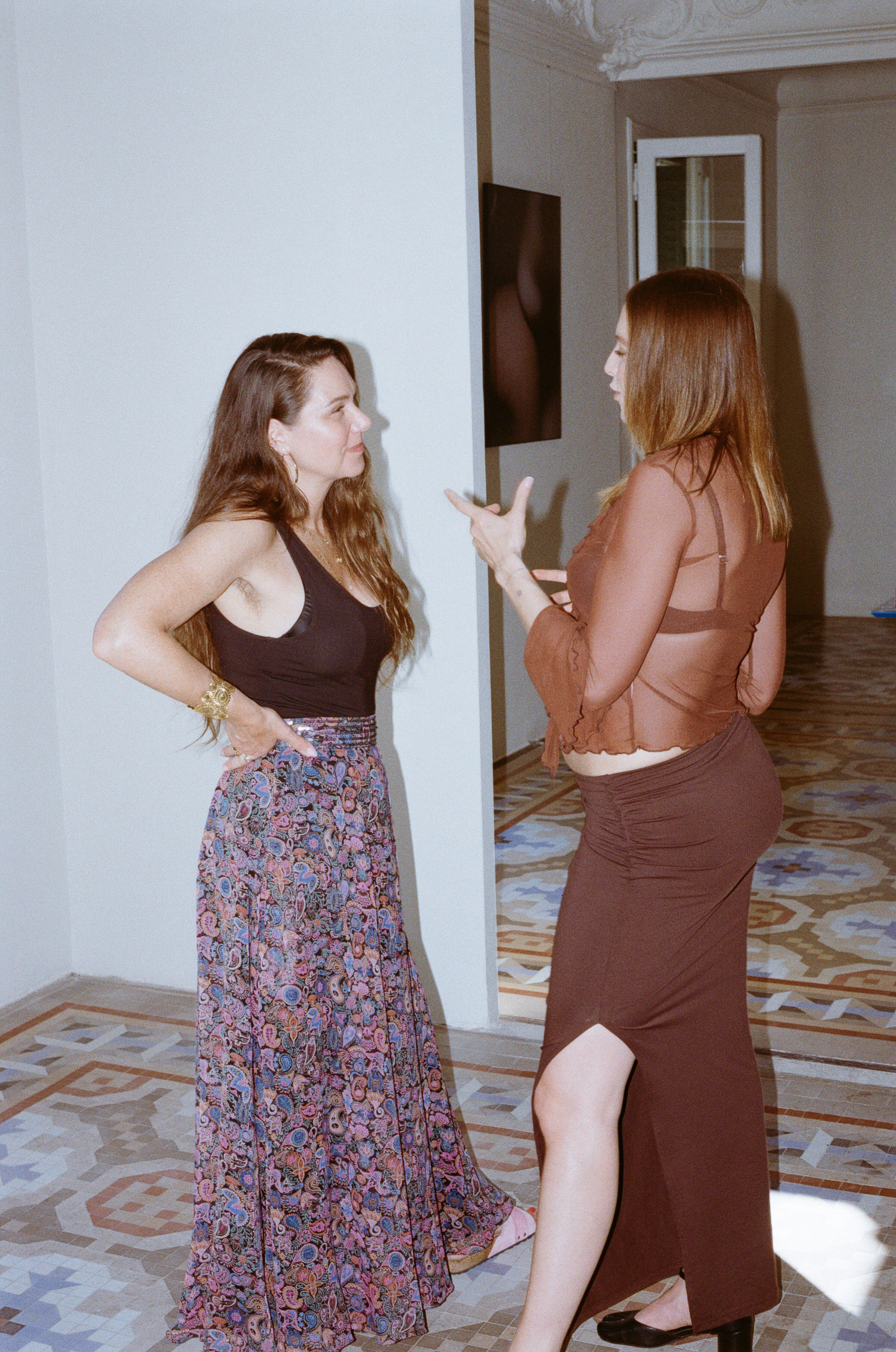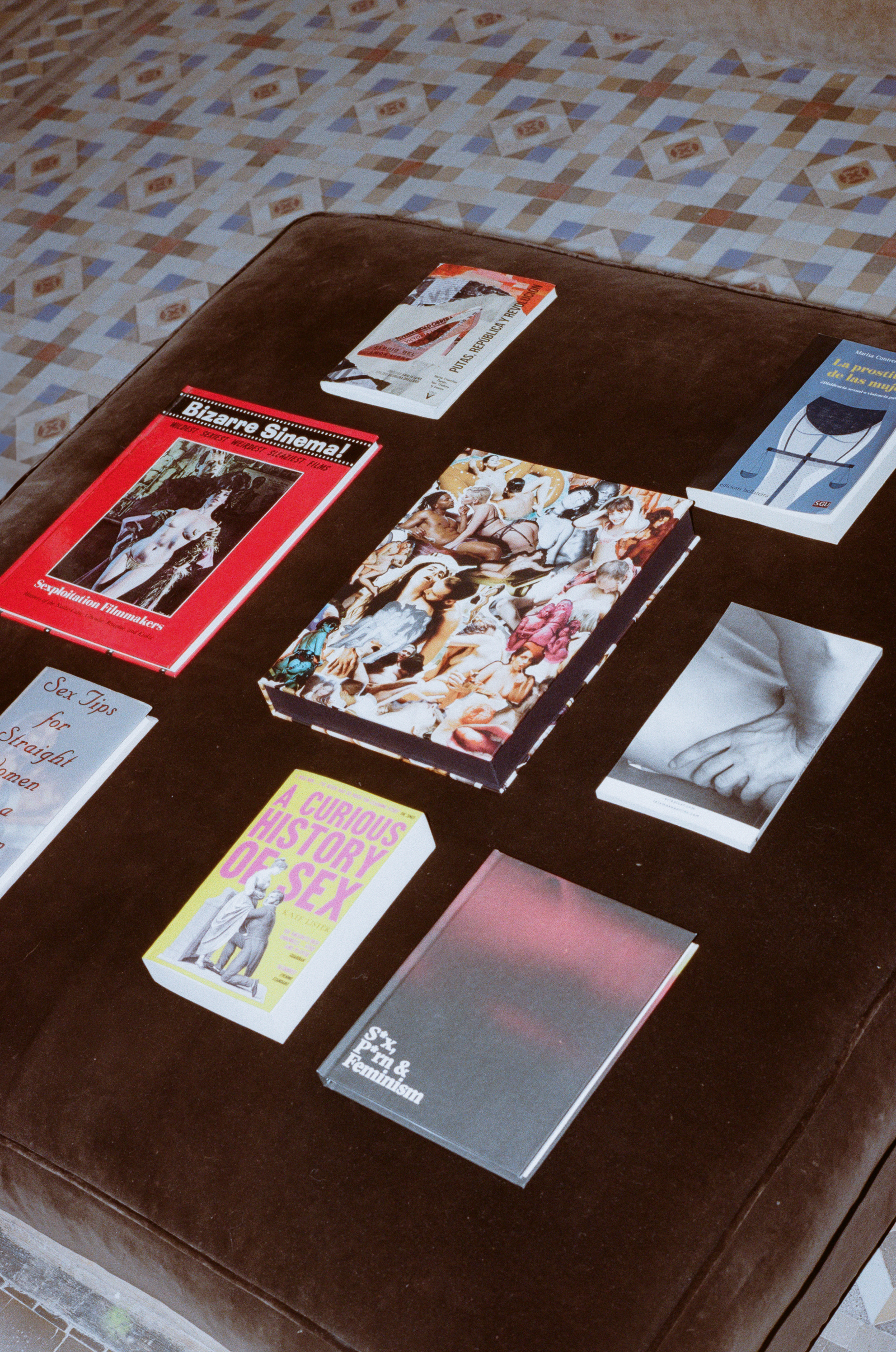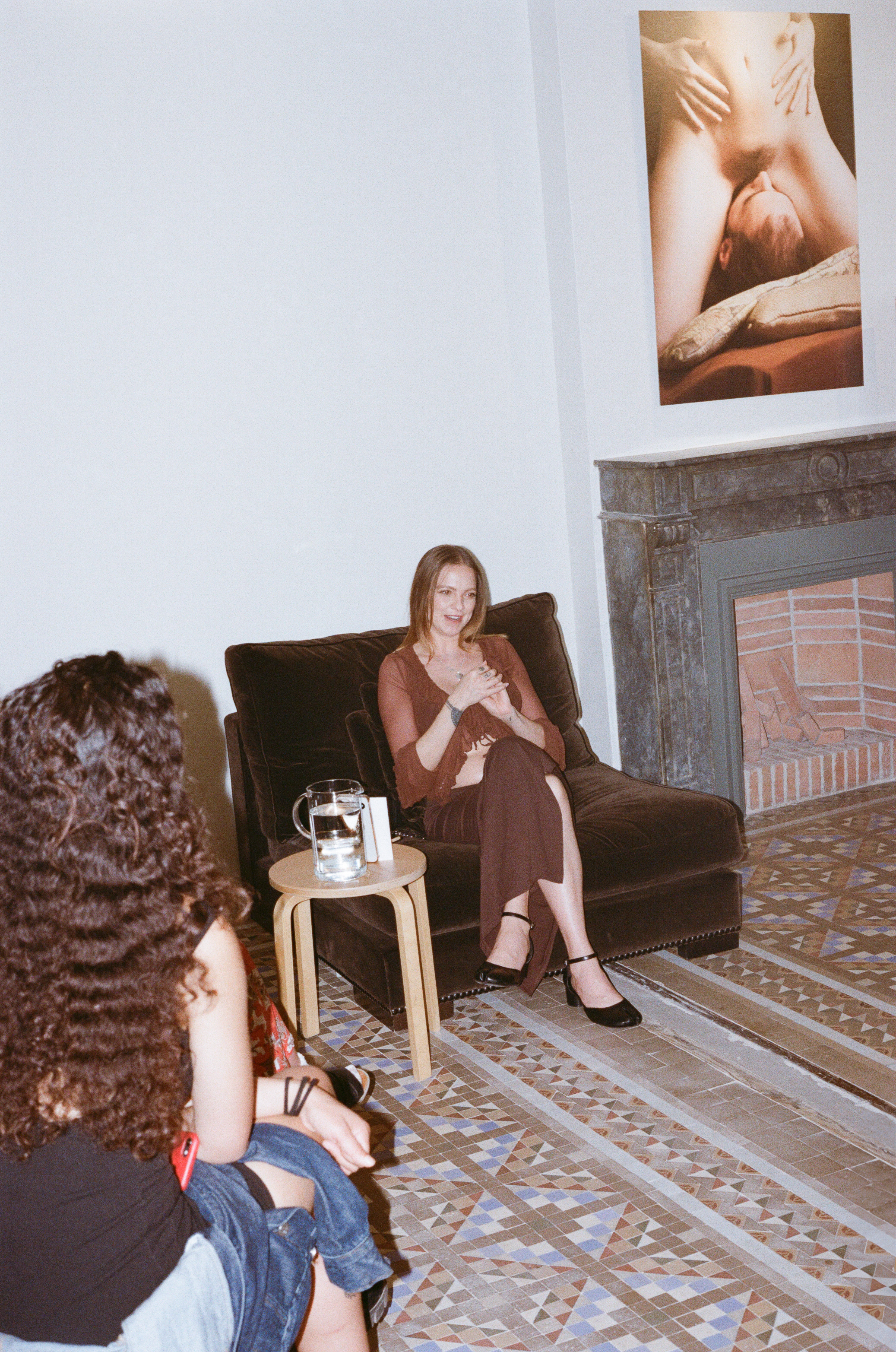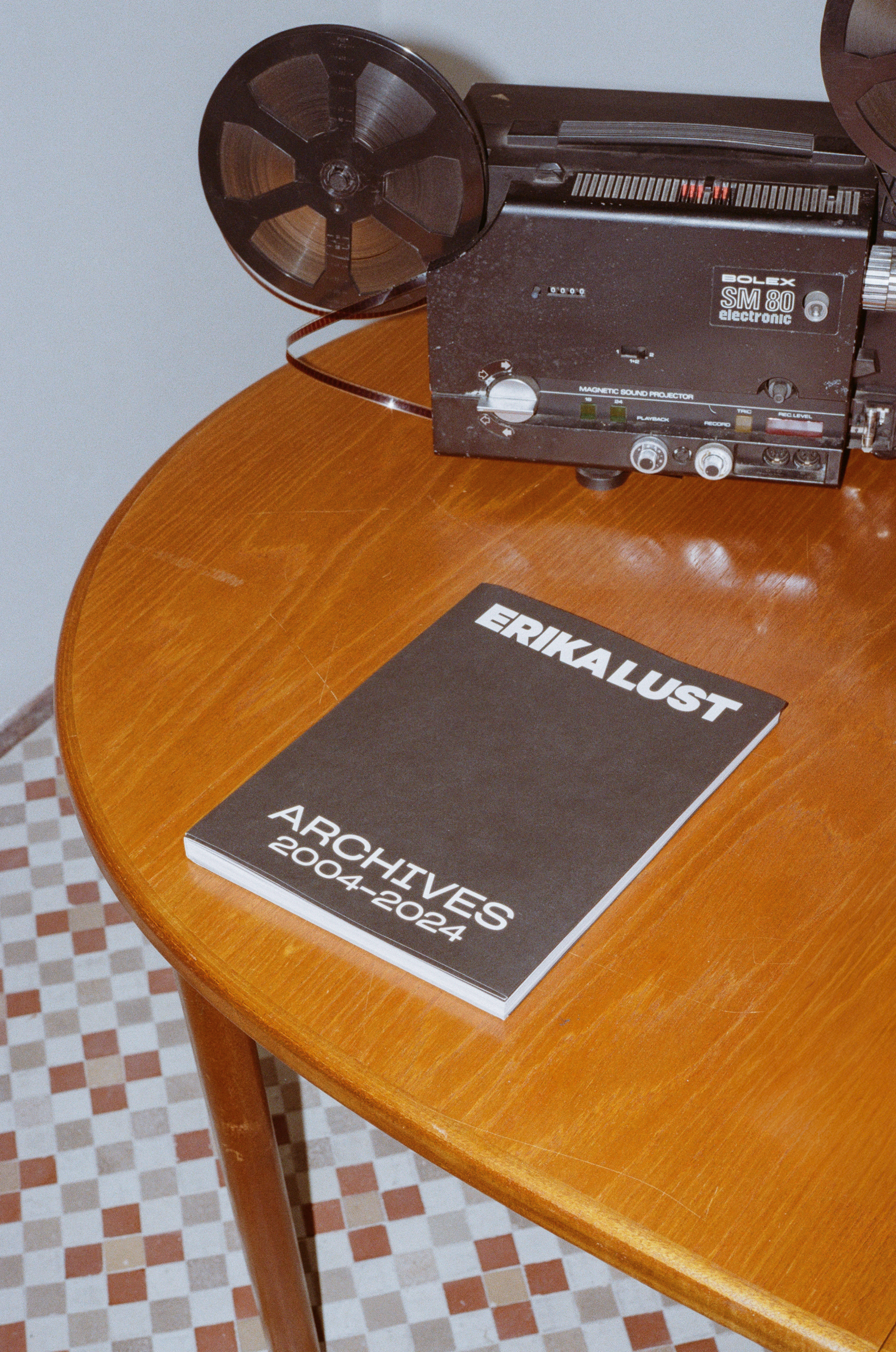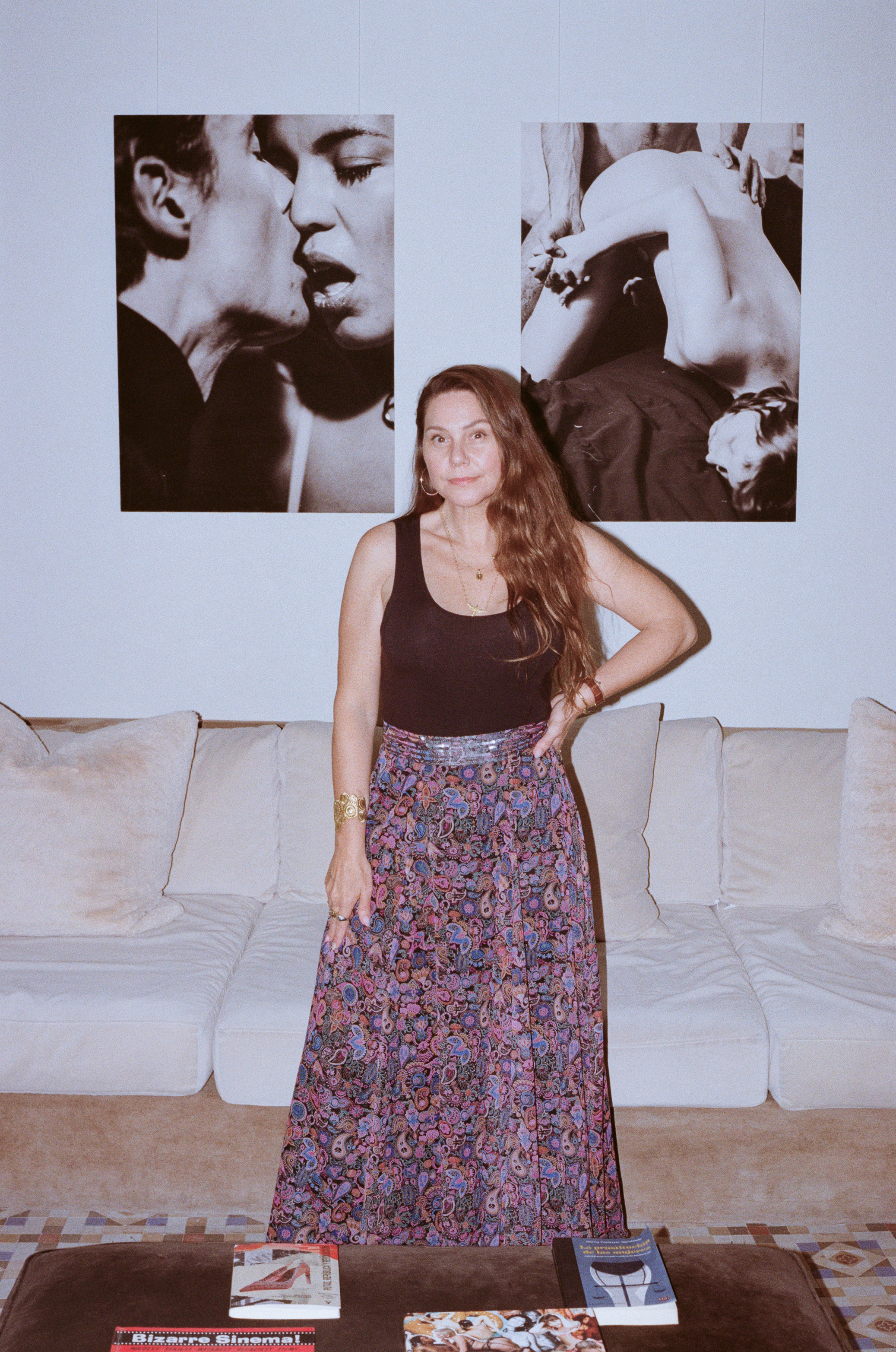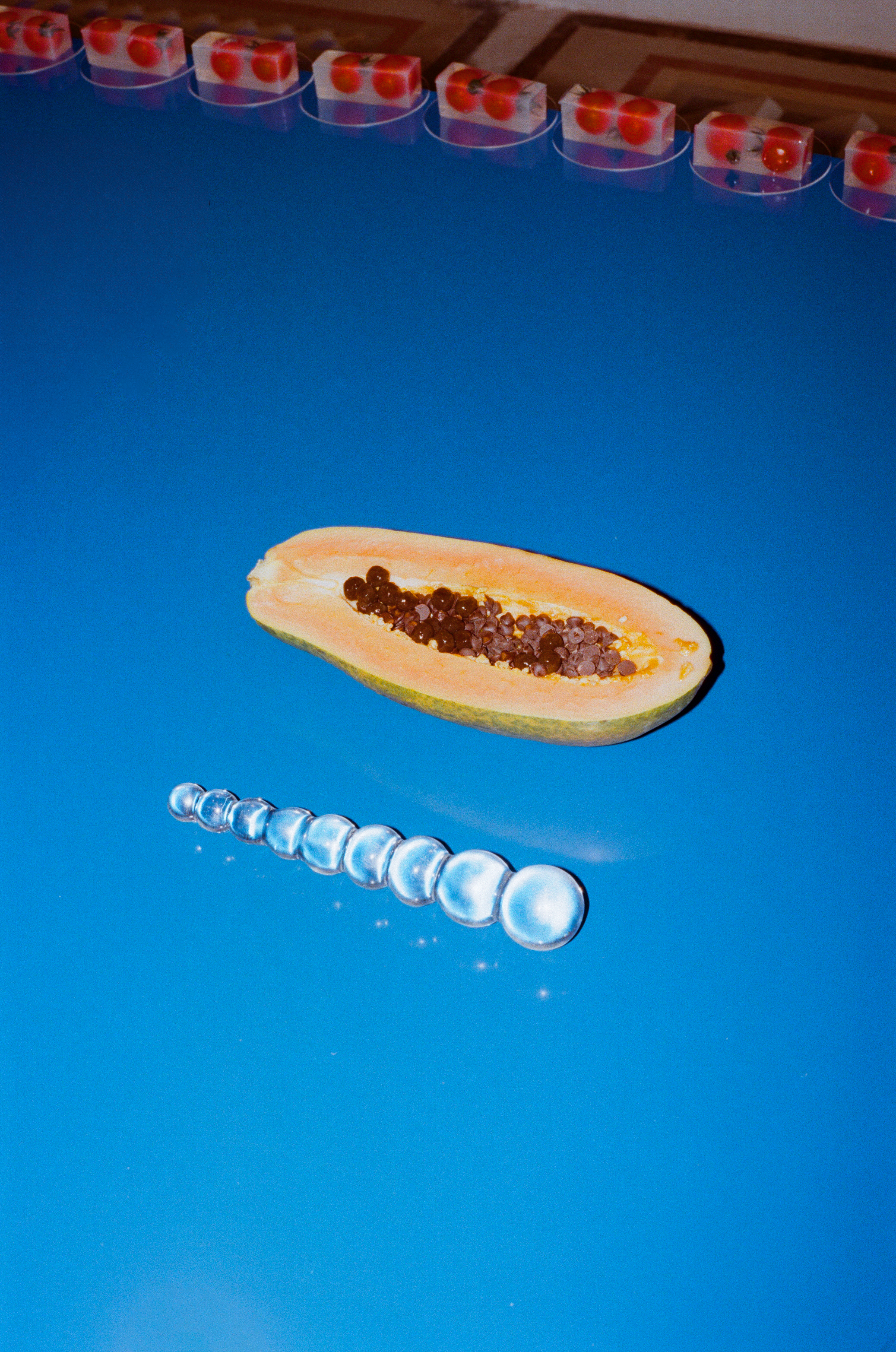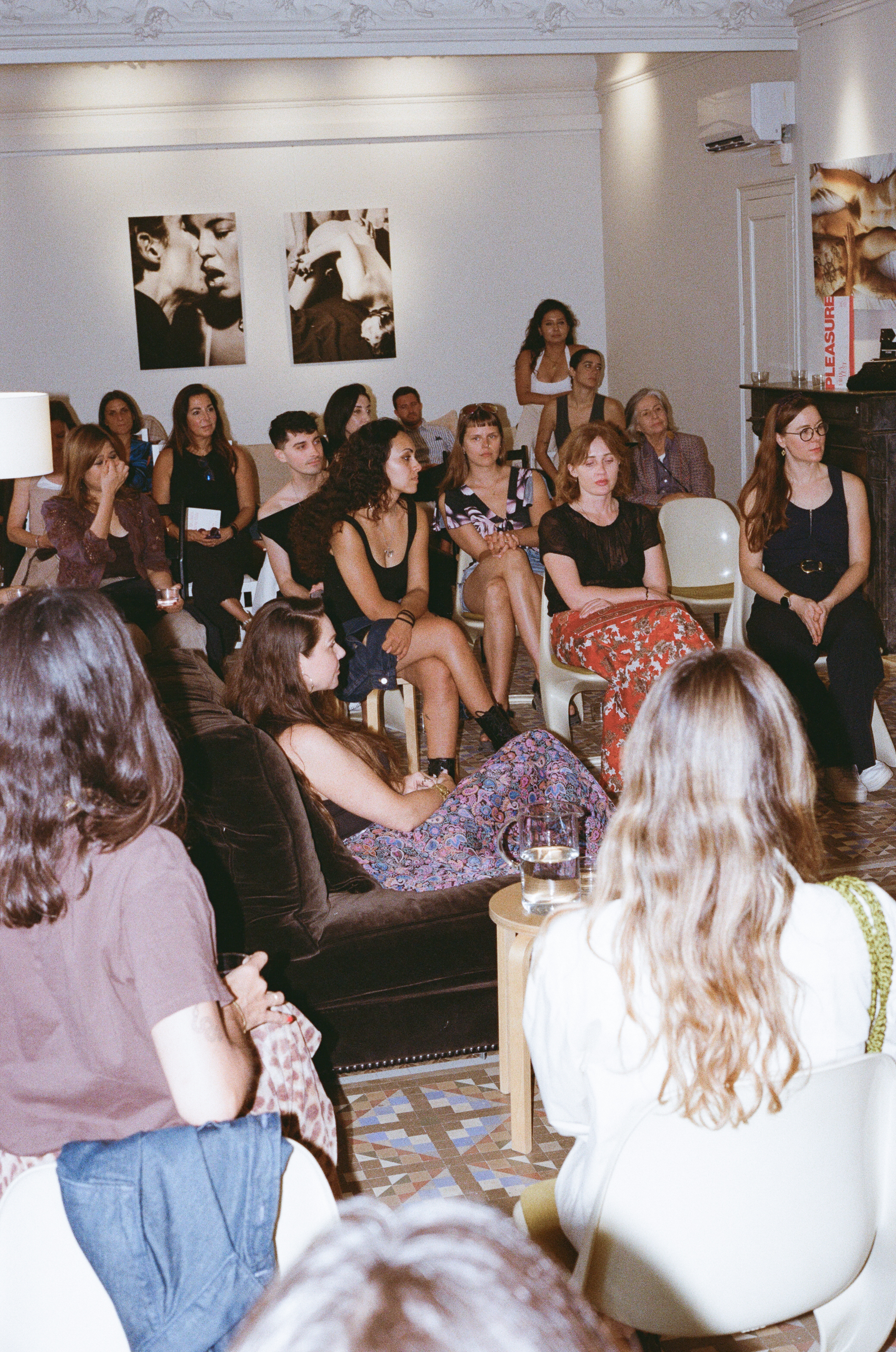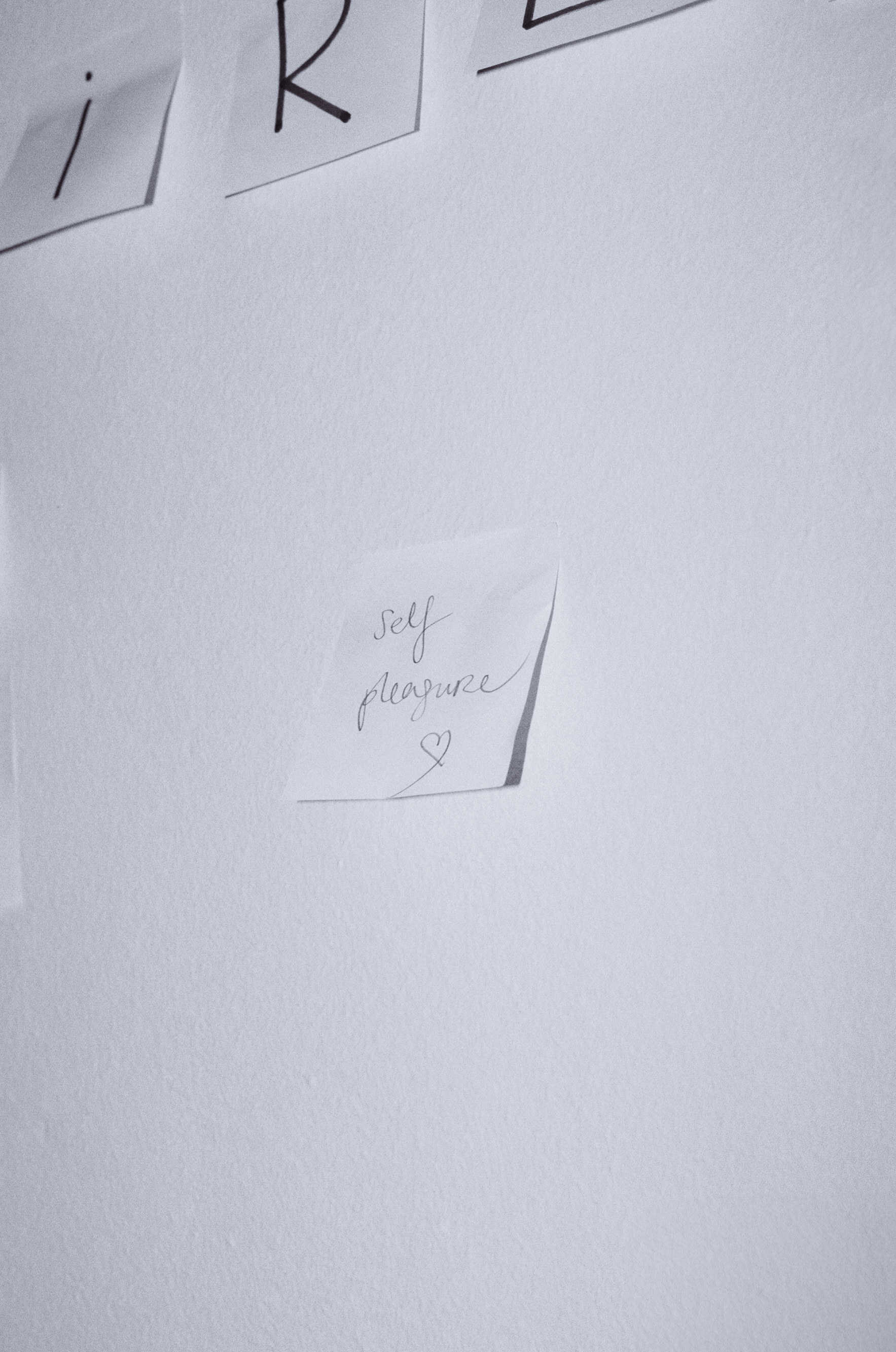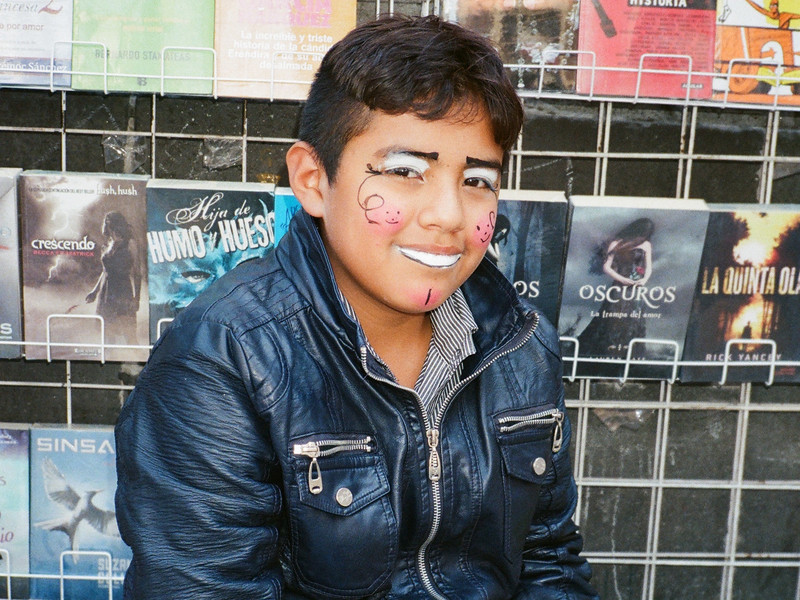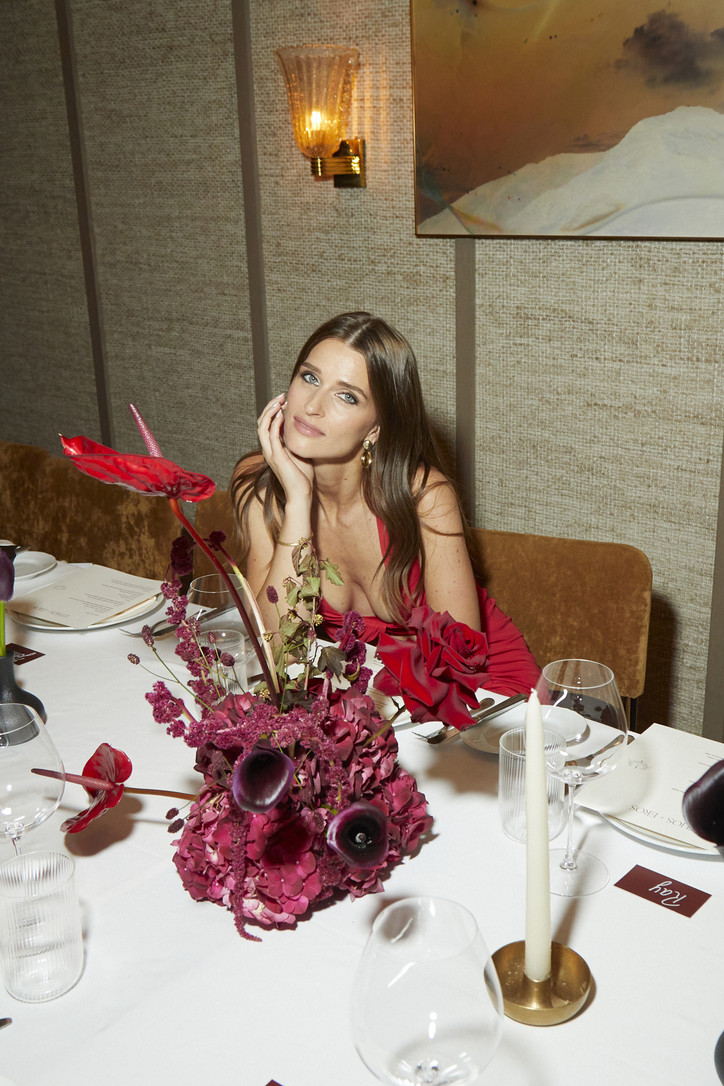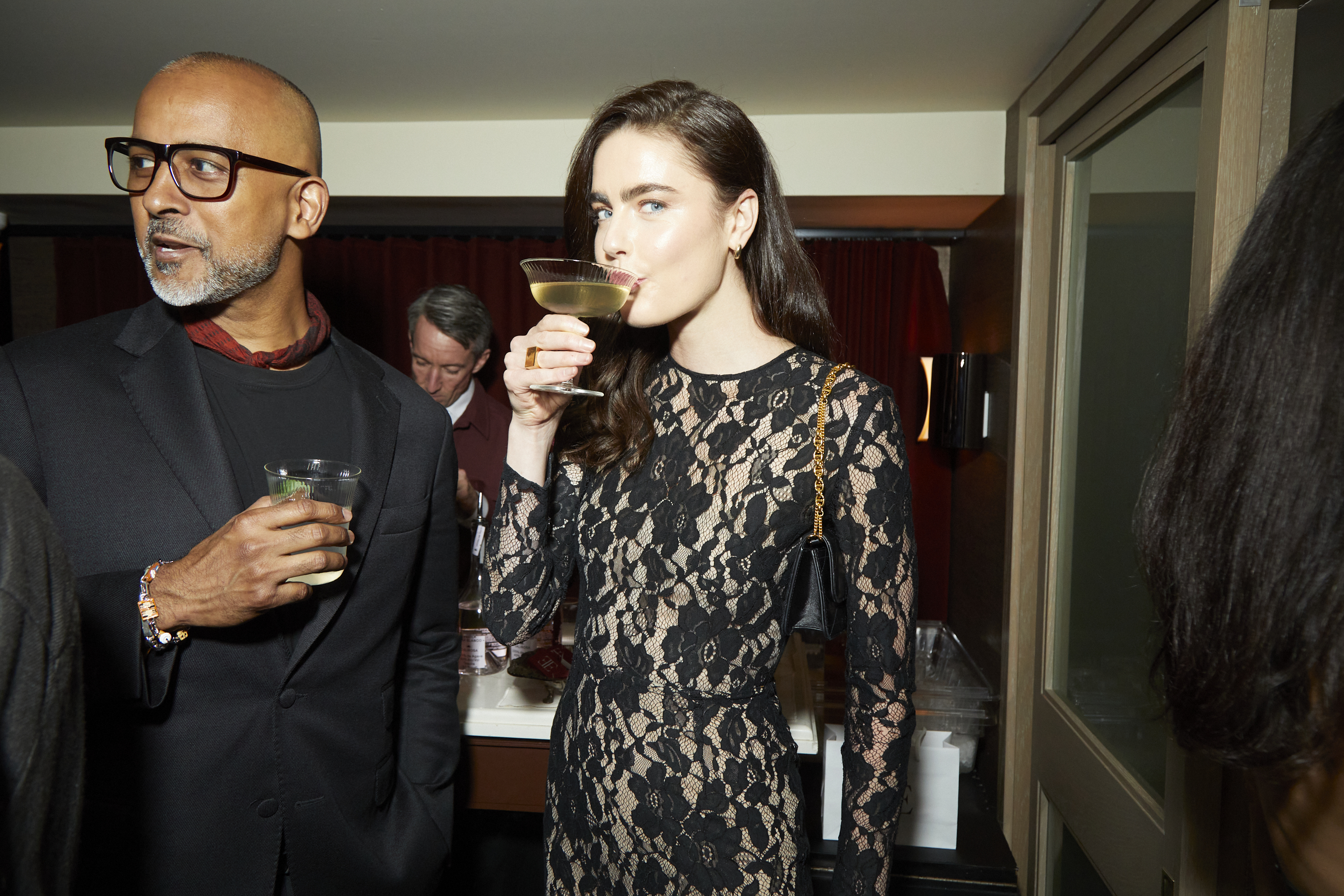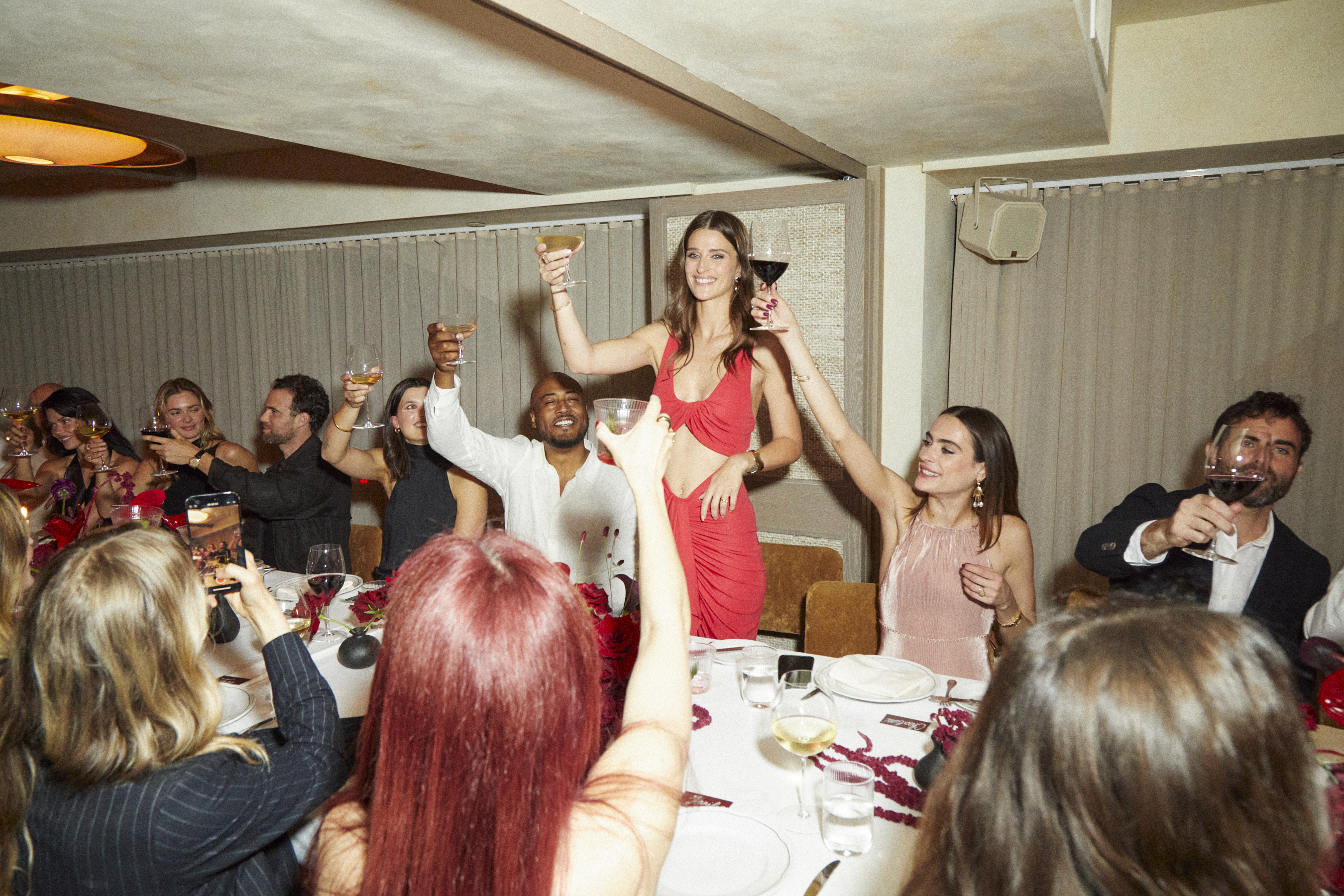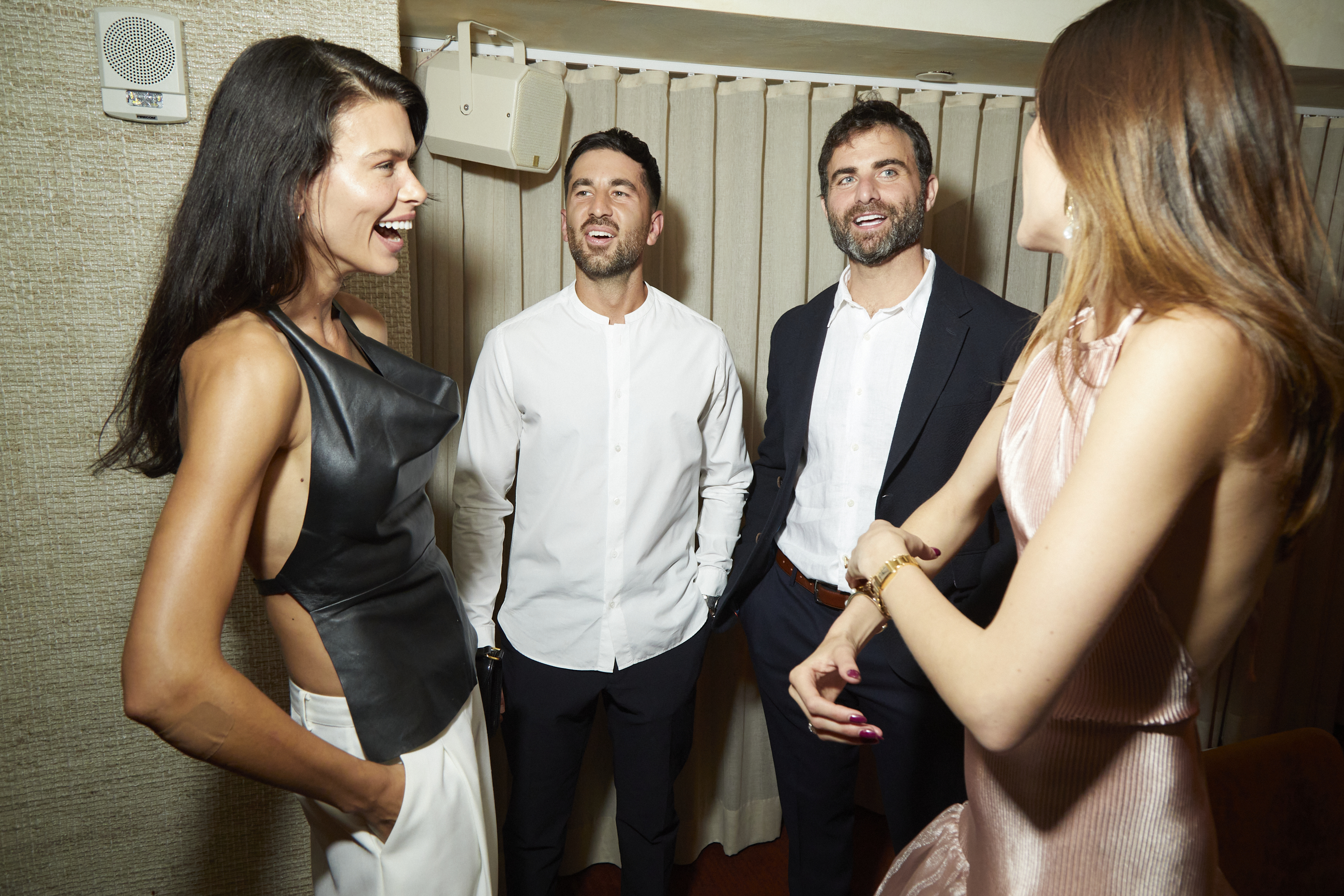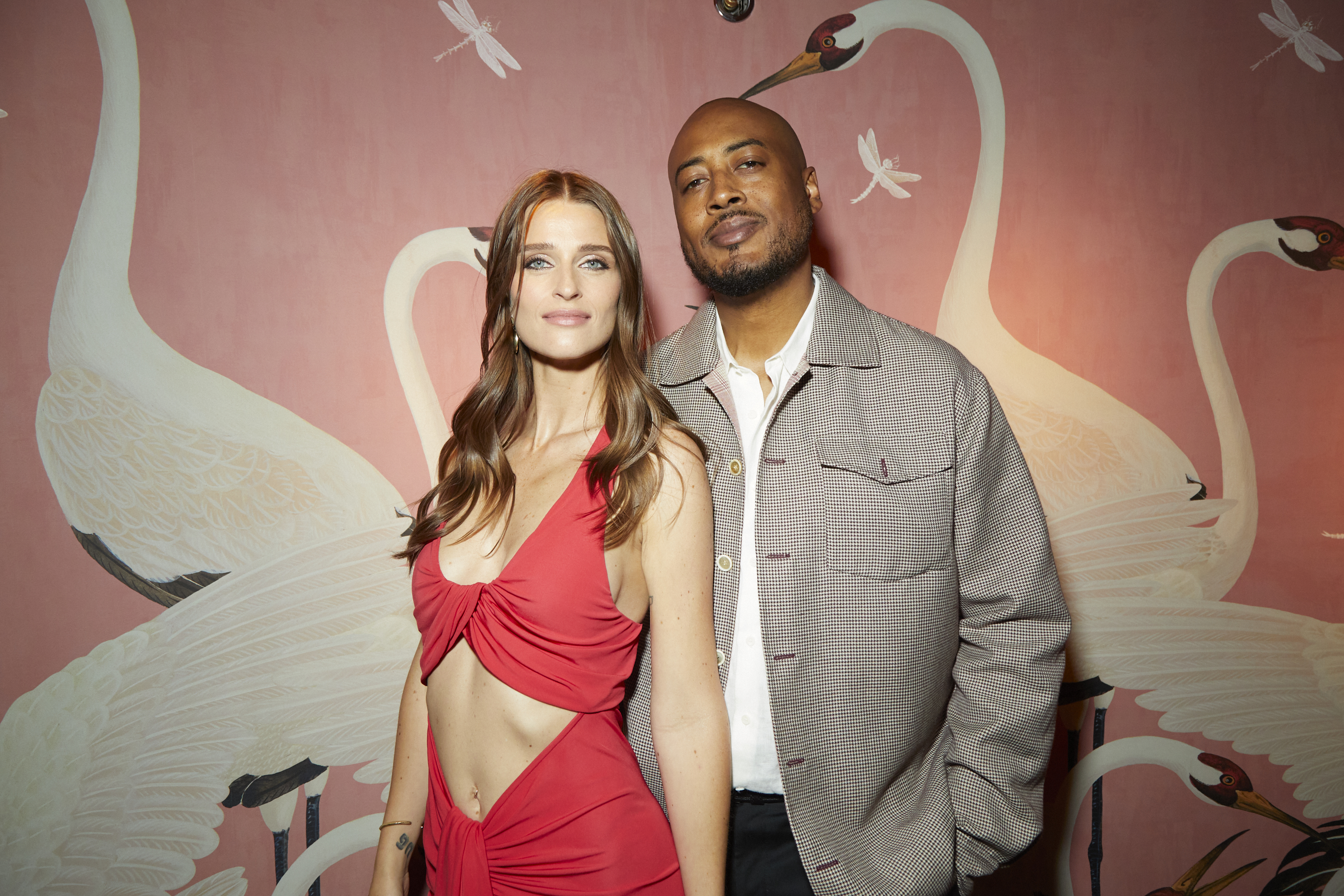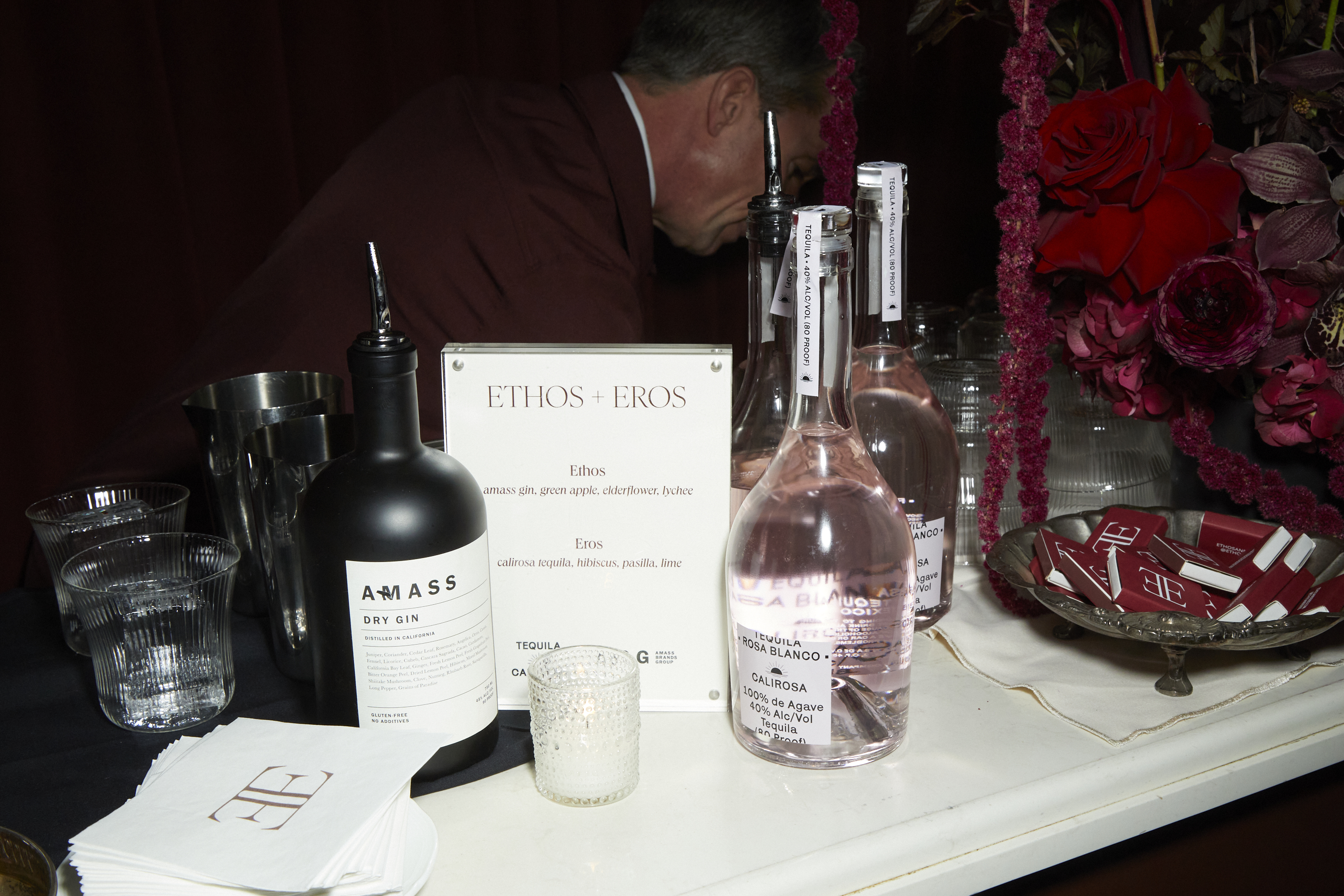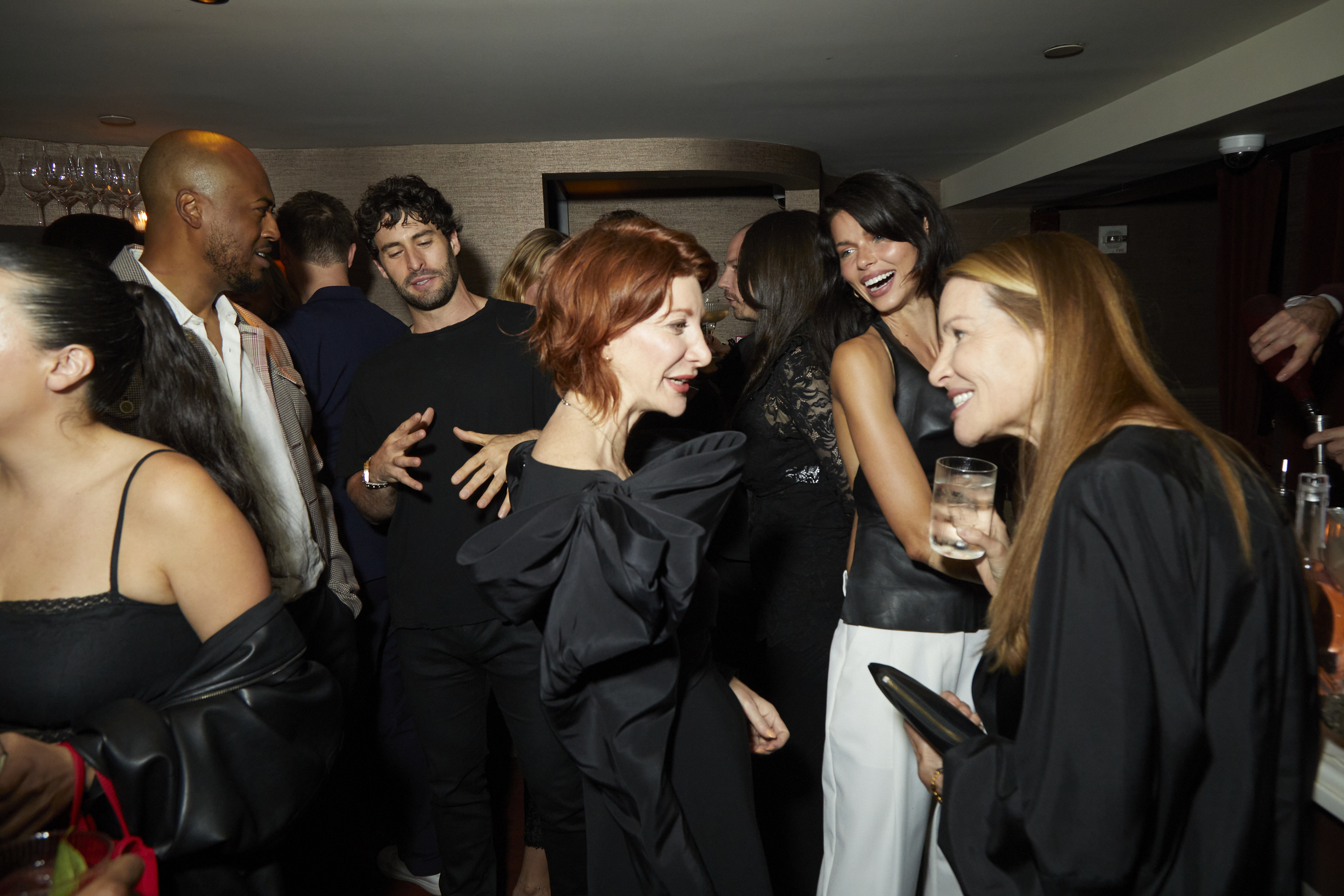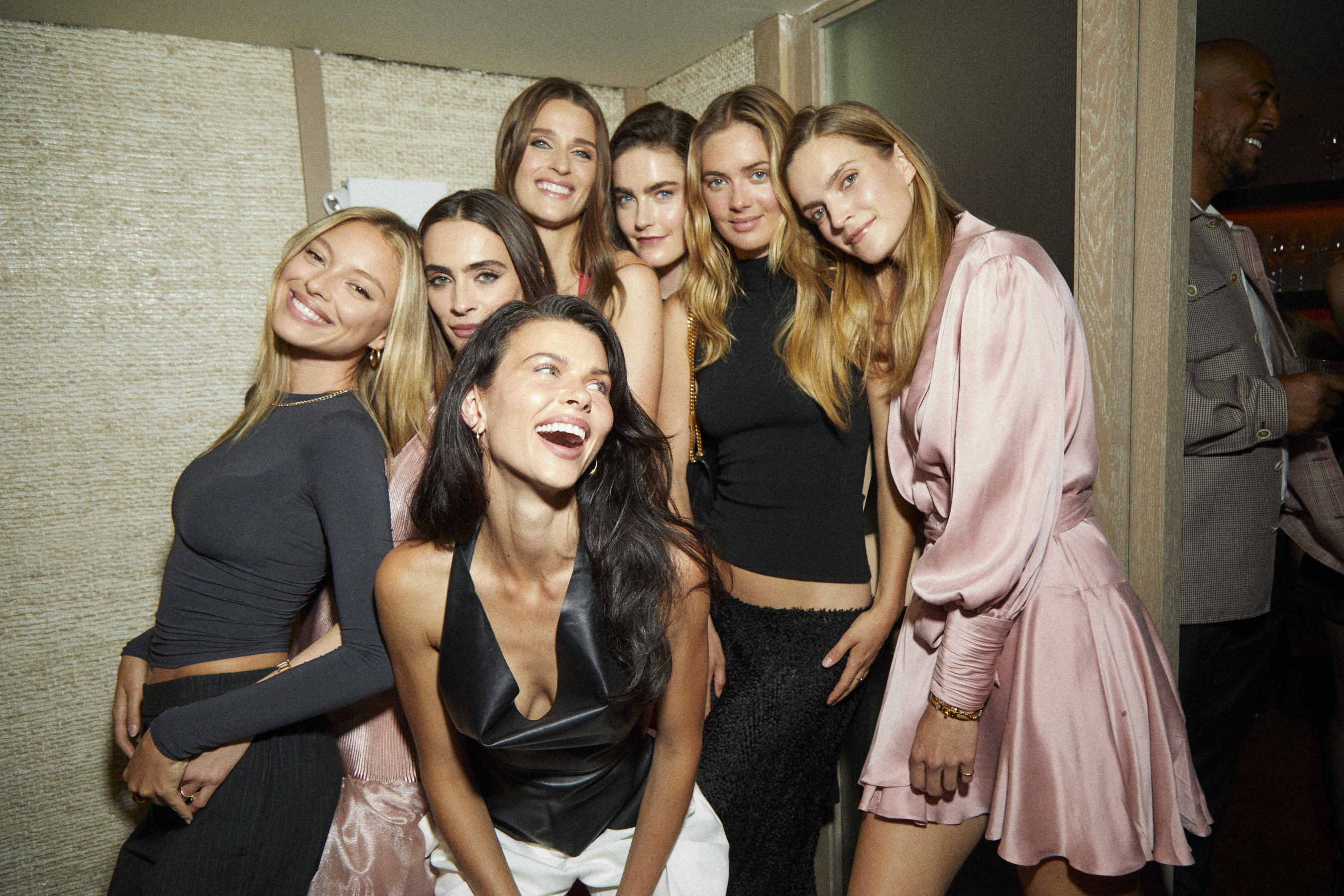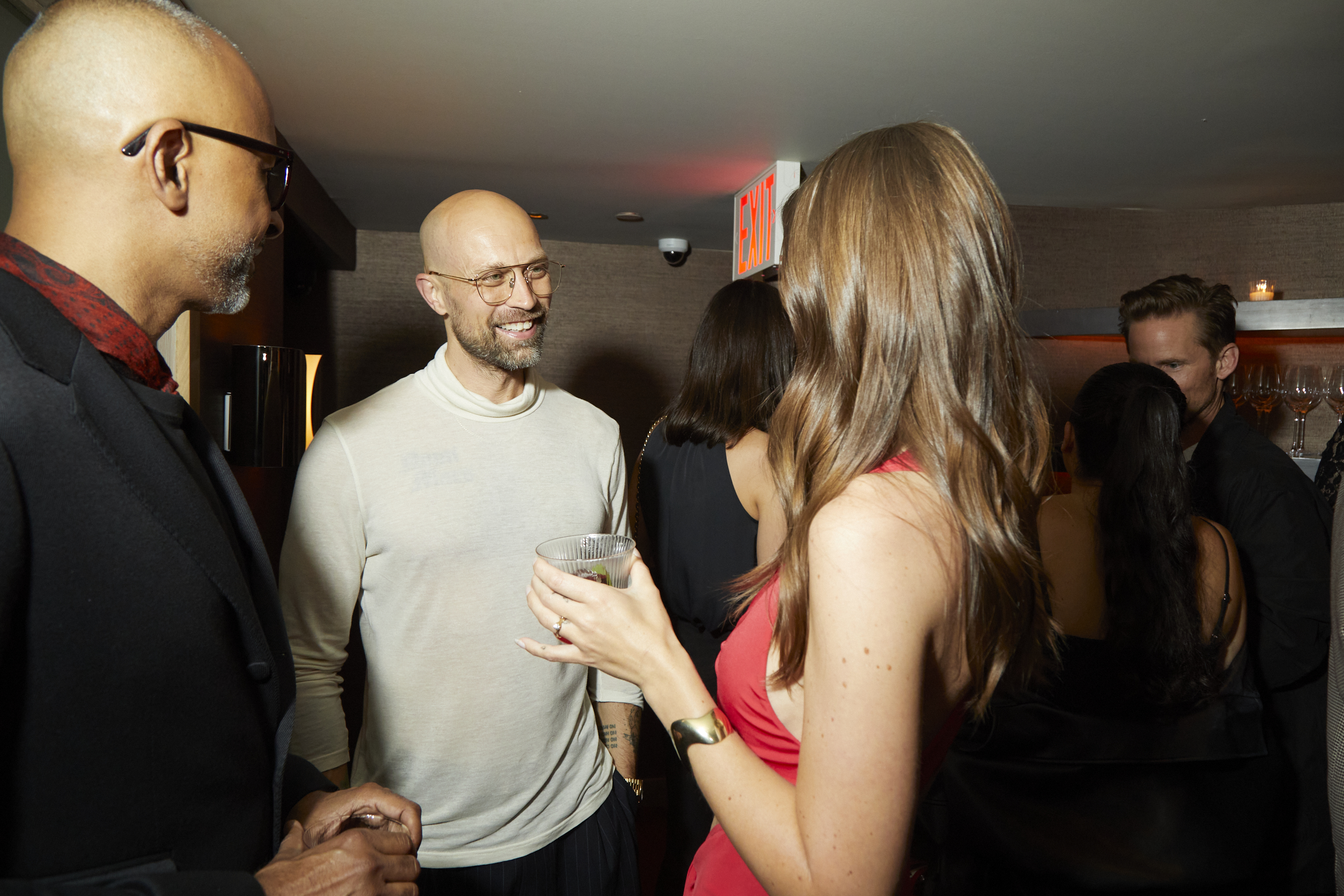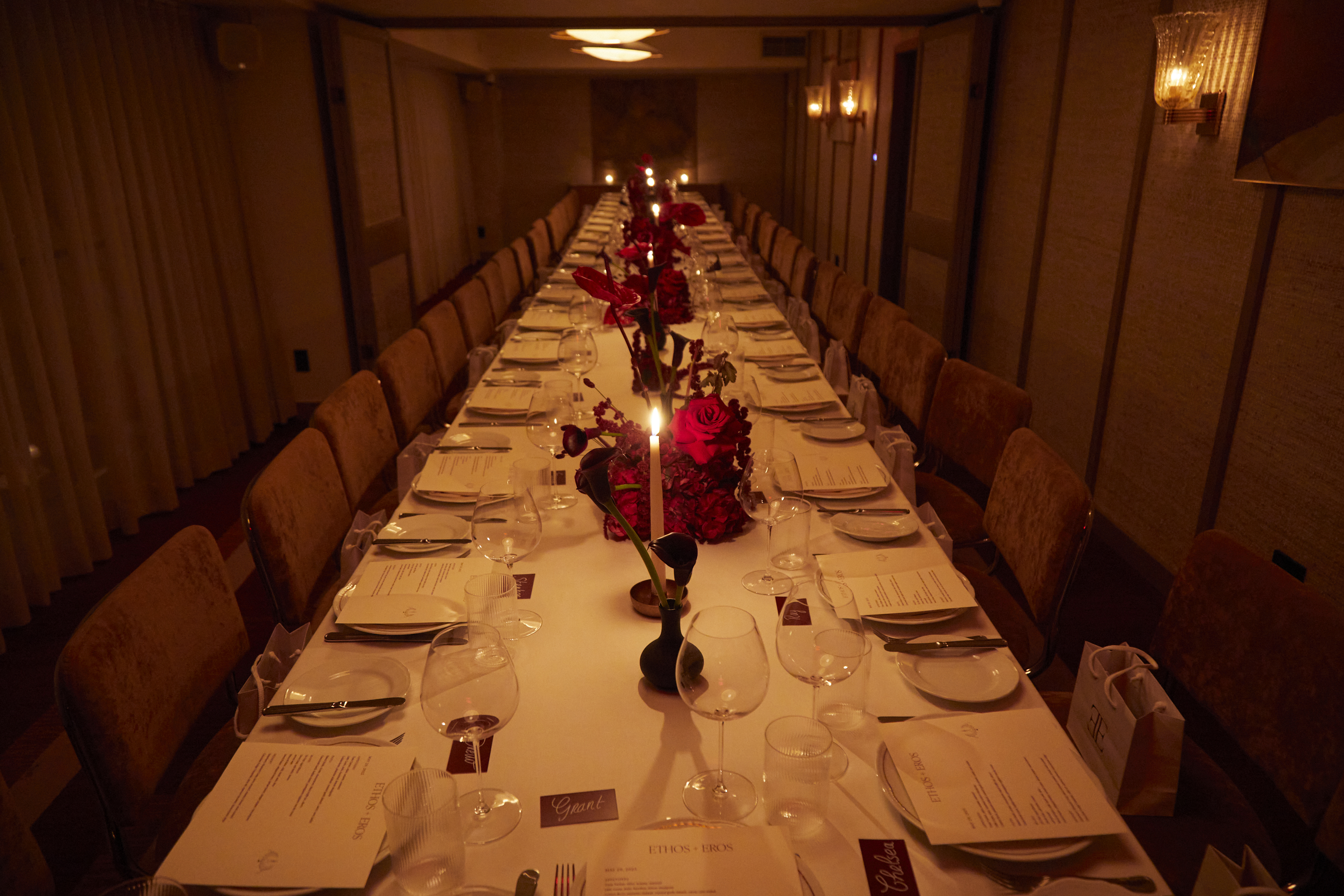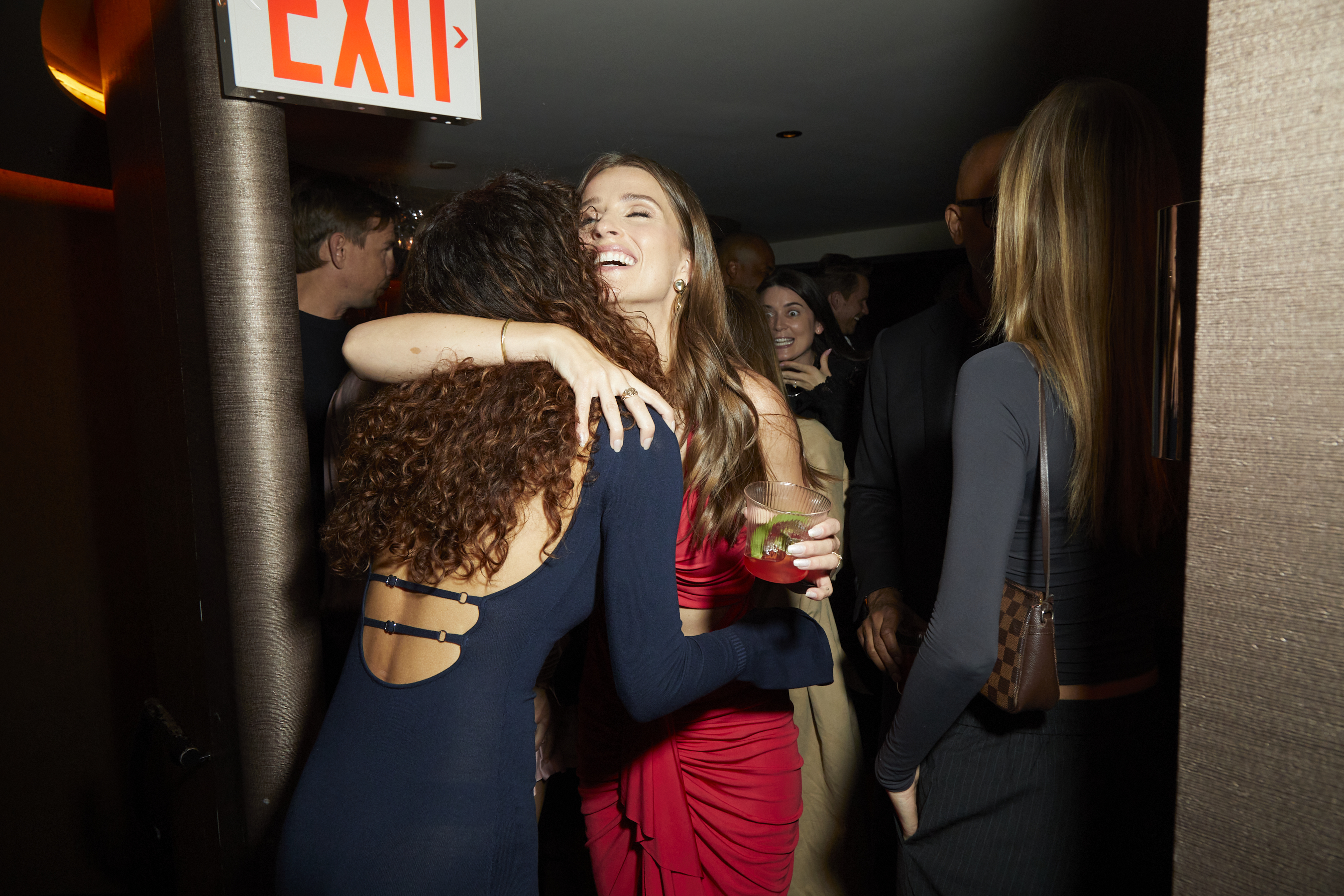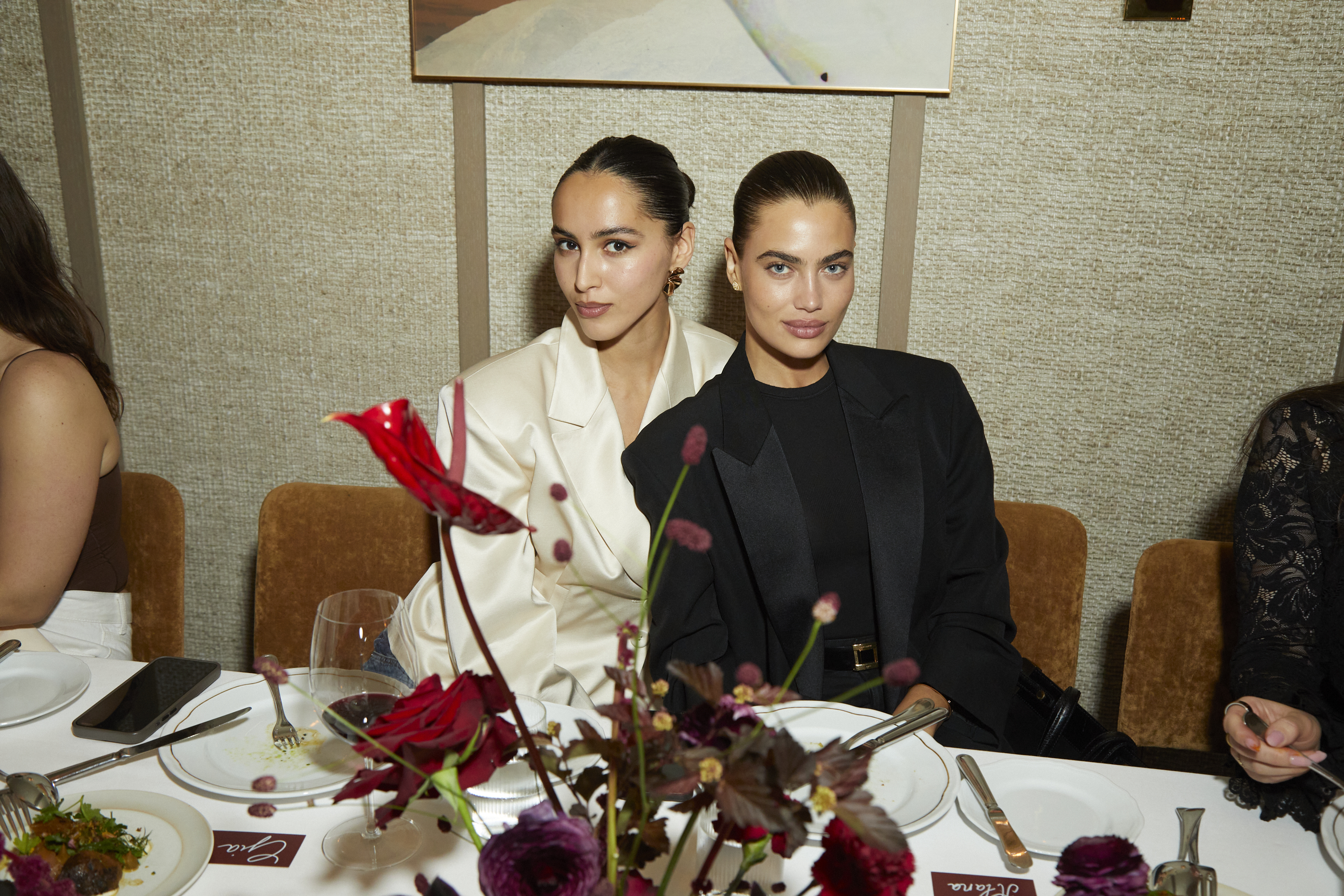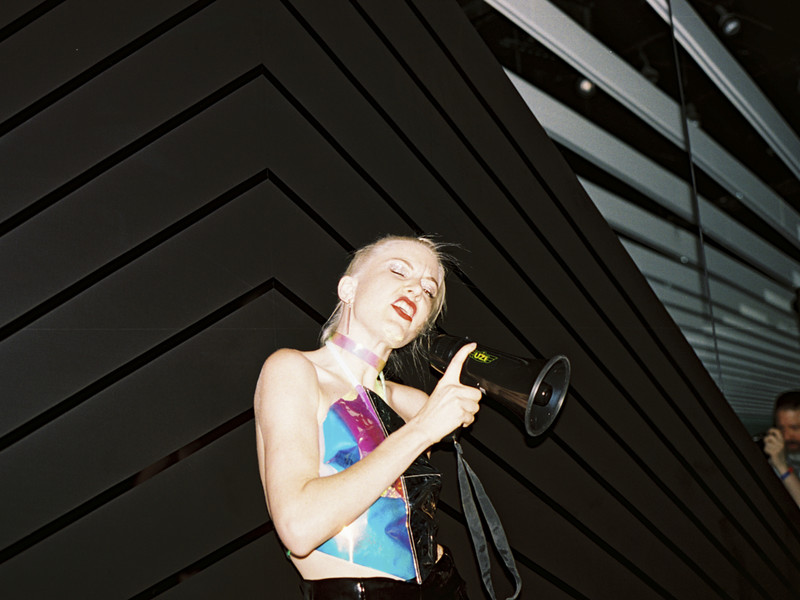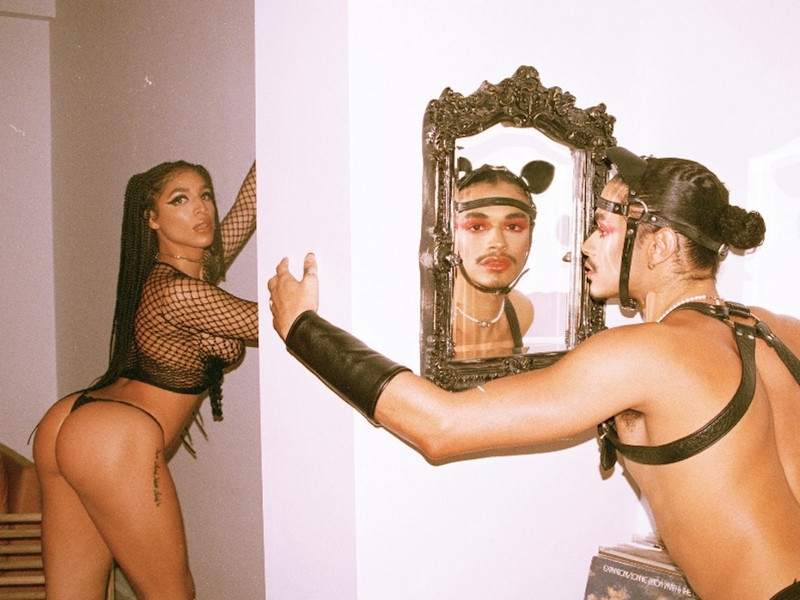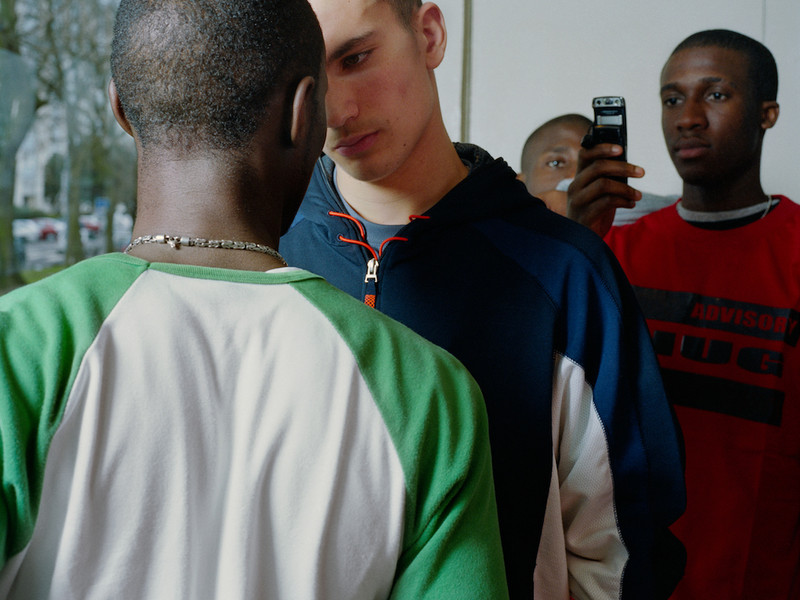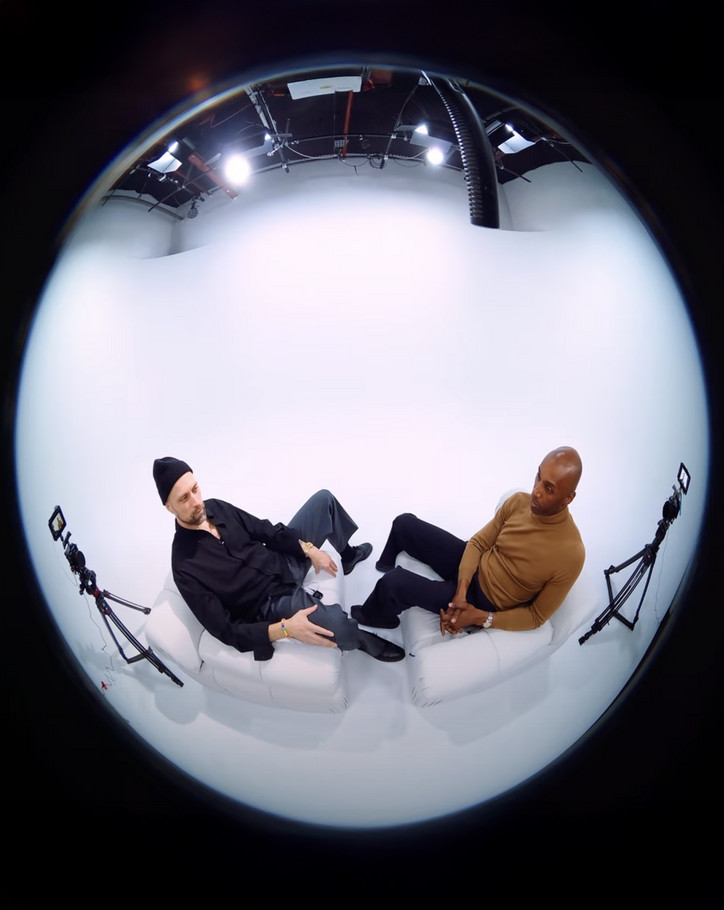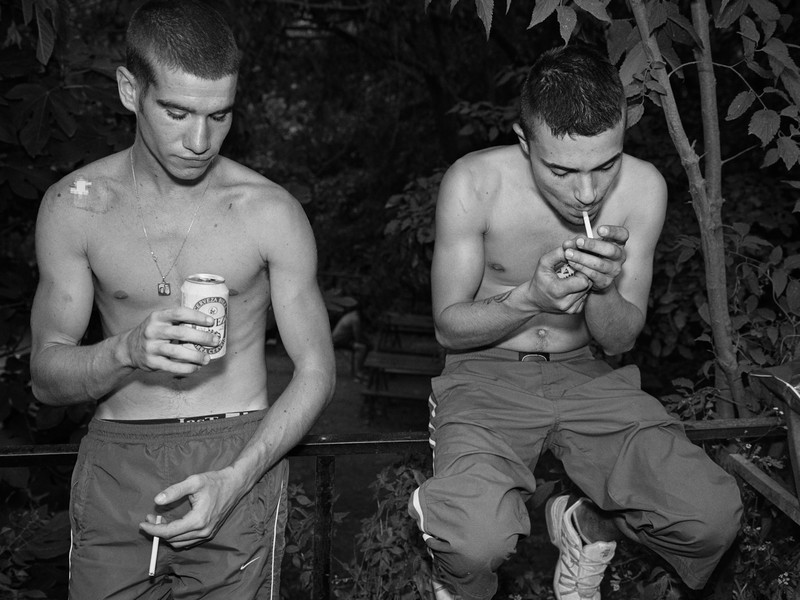office initiatives: Black Disabled Lives Matter
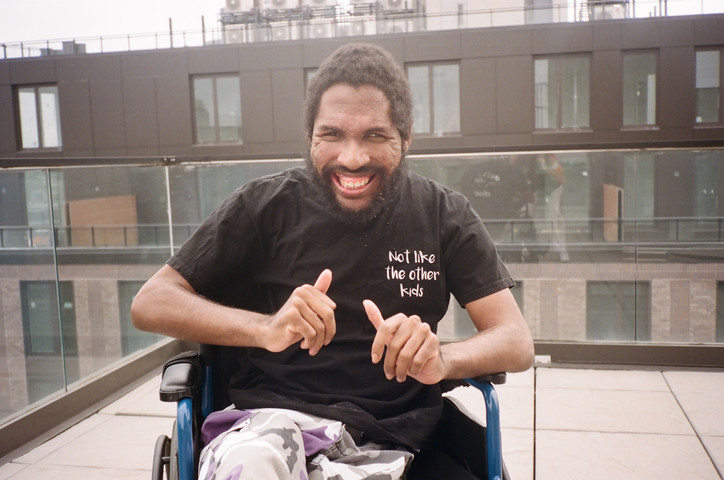
Jermaine Greaves founded Black Disabled Lives Matter in 2020 to bring to light, celebrate, and, include the black disabled people who were as enraged, passionate, and creative in their methods of dissent, and more at risk of policing, with more than half of black disabled Americans experiencing an arrest before the age of 28. Greaves, has spent his life as a representative for black disabled people. His background boasts impressive work in event planning, modeling, and dancing, including a role in Lincoln Center’s 2021 “You Are Here” performance. Greaves has gone above and beyond what was expected, or made accessible to him to make way for disabled people in exclusionary spaces.
But after years of serving his community and well…serving in the NYC party scene, Greaves has turned inward to build spaces of rest and rehabilitation. For the past few months, he’s been in and out of the hospital with a fractured arm and skin condition, as well as a positive COVID test. Greaves has taken the not-so-subtle cues of his body to start putting himself and his health first.
After becoming re-infected at Rutland Nursing home, office checked in with him at New York Presbetyrian in Park Slope. Greaves has since returned home to his apartment in Clinton Hill, where he is facing eviction and currently raising funds to secure housing. In conversation with office, Greaves reminds us of the importance of caring for yourself in order to care for your community. Greaves has gained a new sense of purpose and personhood, following his inner voice to lead others.
Read our conversation below, and support Greaves and his work Black Disabled Lives Matter using the links beneath.
Hi! How are you feeling today?
I am okay today. I am happy to be here. Yesterday I was in pain and I could barely sleep, because I was in the hospital. I've been in the hospital since the 10th of February for an arm fracture and a condition called hidradenitis suppurativa. I also have other disabilities known as cerebral palsy, and anemia. So those are the three disabilities I have currently, and arm surgery. About a week and a half ago, I was at a rehab, called Rocklin Nursing Home where I got reinfected. So I guess, I went on an adventure, it’s called Hospital Gate. I think, for me, one of the things I'm realizing about black people, black men in specific, is we're in a constant state of survival. There is no sense of rest, but what I have learned about my life is that people expect a lot out of me. But a lot of people don't understand how much some of those things take. It takes a lot for me to physically get up and do something. And I think people forget that. Disabled people need rest.
How have you been prioritizing your rest?
Well, I have to. I’ve been sick for like five months with the arm condition, and I had to stop all the work I was doing before. It’s not the same, I’ve certainly tried to be at that same level. But it’s not the same when things change in you’re body. There's nothing you can do about it. I think for me, I've had to accept the changes in my body; where my life is right now, and who I am right now. I think it was hard because I was somebody who was on the go, who was hustling, who was doing a lot. I moved out of out my mother's house when I was 20, and since then I had no need to ask anyone for anything. It's very different. But I think the joy of this experience has been to finally be able to relax, not be obligated to anyone. Sometimes we, as young people, we’re so stuck in our obligations and what we have to do because we're in our 20s and feel like it's passing us by. But it’s okay to say “you know what, no, I'm not going to do this today.” It's okay to take that rest. It's okay to take that vacation.
How does it feel, then, to ask for help?
I would say I'm still adjusting. Because it's new, all of this stuff is new. The sickness the feeling kind of like, what do I do? Now that I was sick? I think I think what I have learned is that it is okay. To not be okay. And it's also okay to like say, You know what, I'm gonna, I'm good there. Now, I'm not doing great. I don't know what I'm doing. I'm lost. I'm confused. I don't know who I am right now. And I think this rebirth is about me. You know, I spent my whole career doing for others working for businesses working for brands, hustling for other businesses, where I sell to do things for other people. But I really didn't know that well. But I mean, for money. So I did what I had to do to get the money, but like, I don't have really solid relationships. I didn't cultivate my relationships, strong enough that they could last. We needed each other for a period of time. And that was it. I was looking at– “oh, maybe I'll need some help down the road.” I wasn’t thinking about needing help or assistance, me and all these services. I think going from being able to do so much to having such a limited capacity and going through rehab and running through all of this rehabilitation of my body. It has been such an adjustment to see myself starting over.
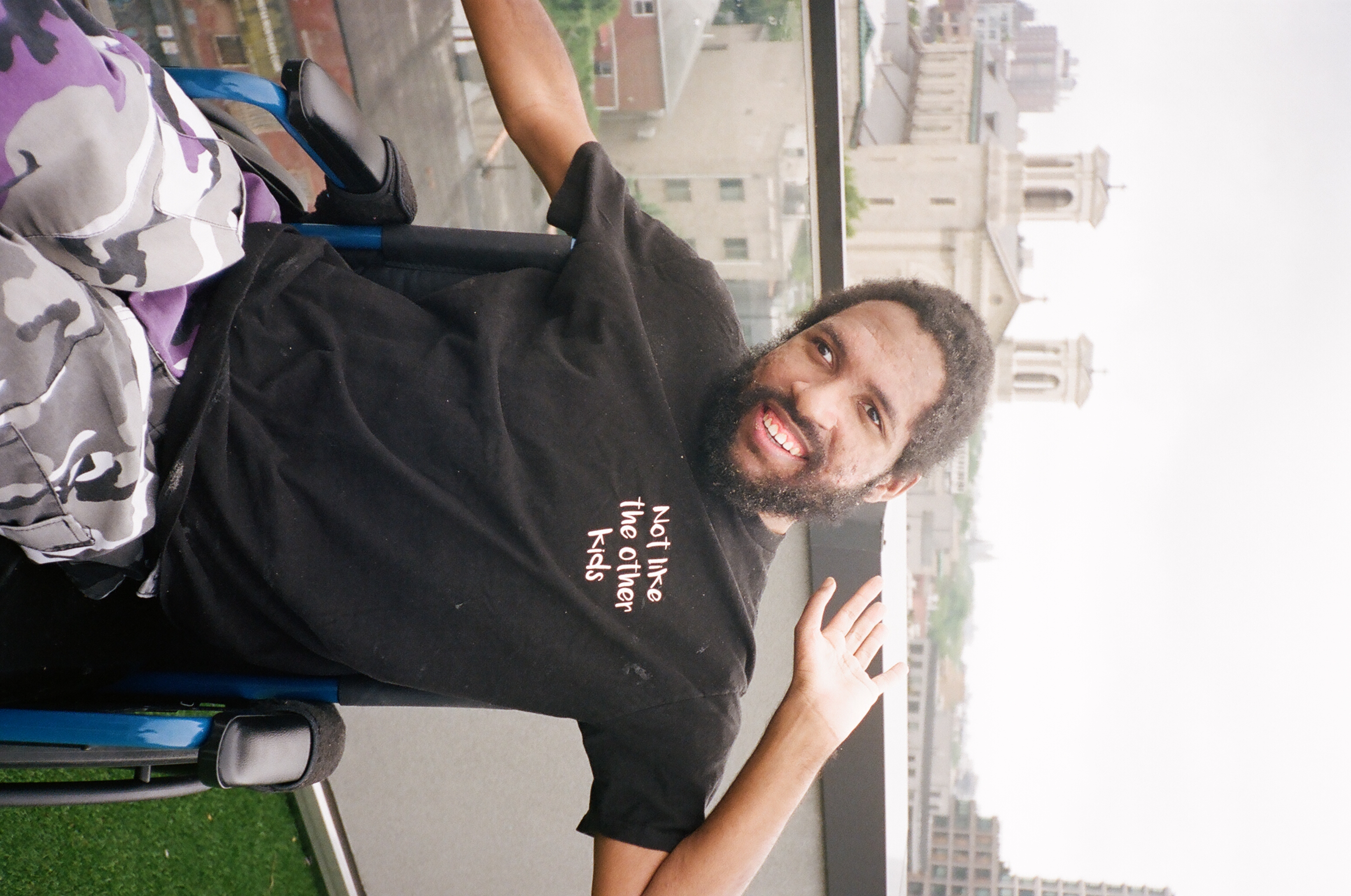
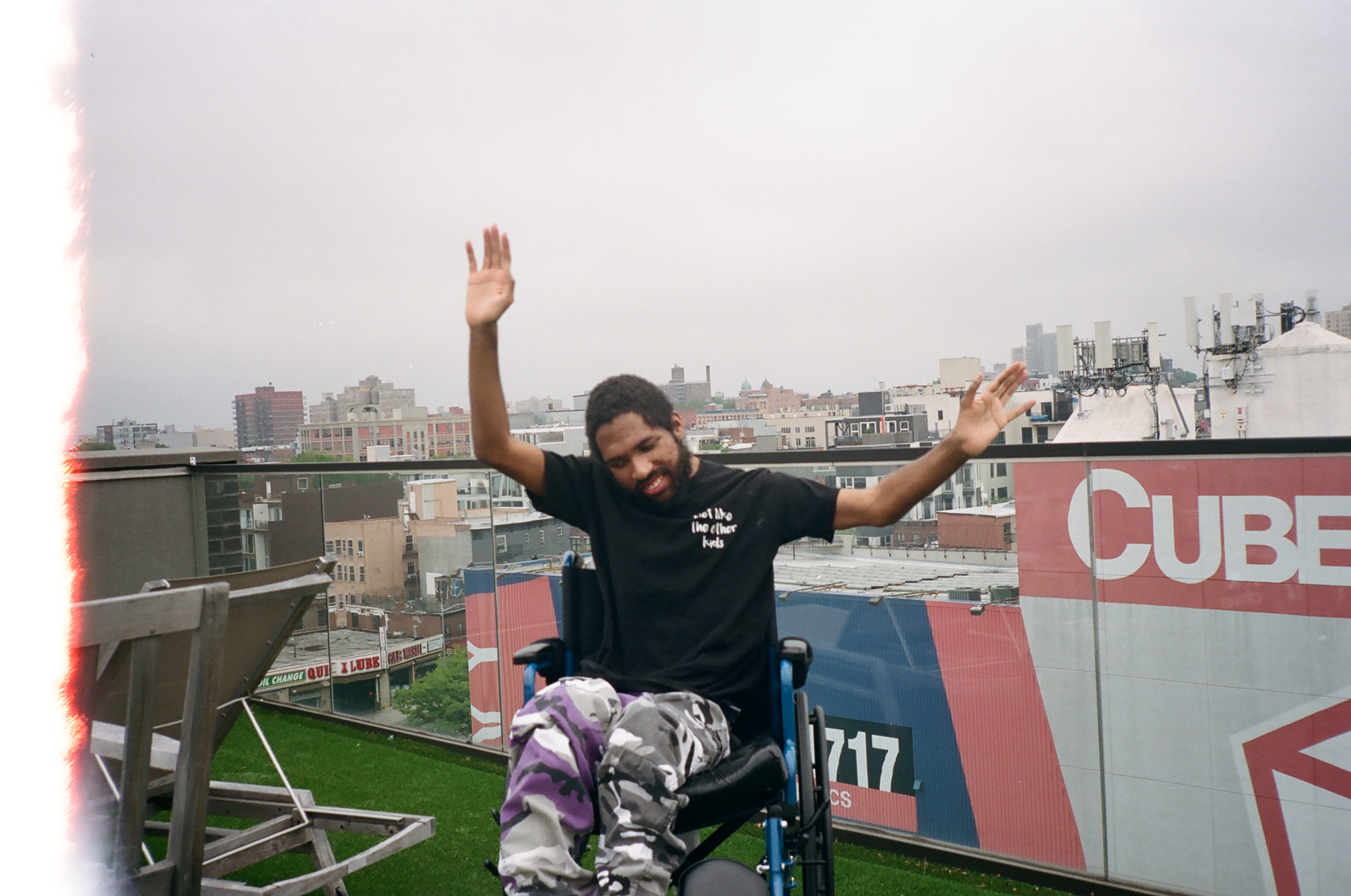
So what would you tell your old self, now that you’re starting over?
It’s like, Germaine, you can’t help everybody. You can’t be everything for everybody. You know, when you're in the activism space, you give so much of yourself. And it can be exhausting. I love it, but I realized Black Disabled Lives Matter was a labor of other people needing things. I think what's the most important thing for me, now, is to show people that you can still help others but carve out time for yourself. You can still be good to others, but don’t overextend yourself. You don't always have to turn on the brand person. You don't have to turn out your credentials. Who gives a shit? You're sick and going through. Who gives a shit about credentials when people are saying they care about you as a person.
I'm in a different place mentally in terms of knowing that recovery is gonna take a while. It may not happen right away, but it will happen and it's okay. Everything I'm going through is literally a part of my story. And I think I'm growing, I'm learning, I'm making mistakes, understanding myself more. I'm learning my own way of doing things, so that I can also get the things that I need. I think I’ve fought against that, because that’s what everyone expects from someone like me, who's disabled, but I’m realizing it's okay to have a moment where you don't know what you're doing. And you know, we're in a pandemic, it's been three years now. A lot of us don't know what we're doing. We're trying to do something, but we're still lost.
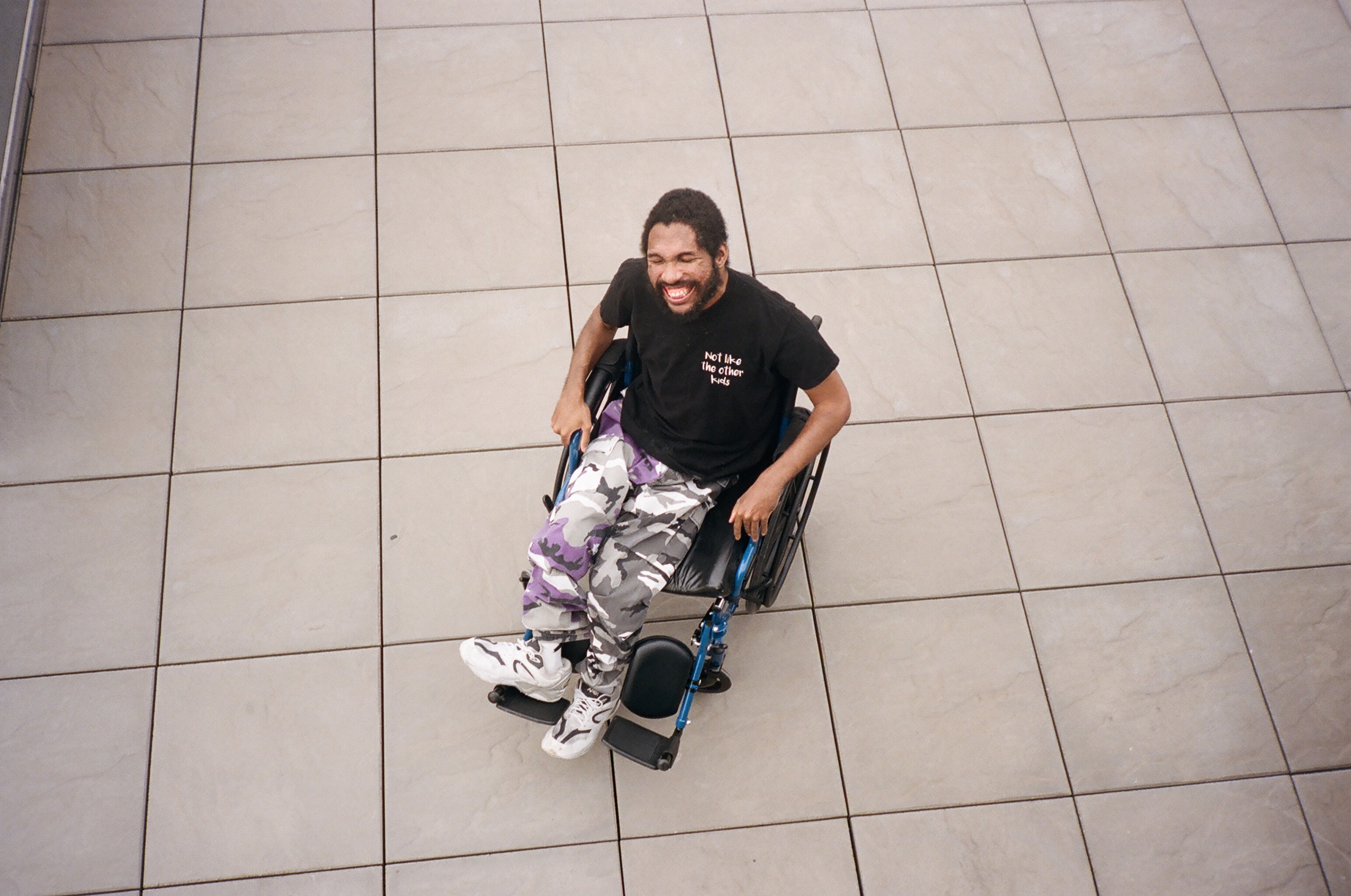
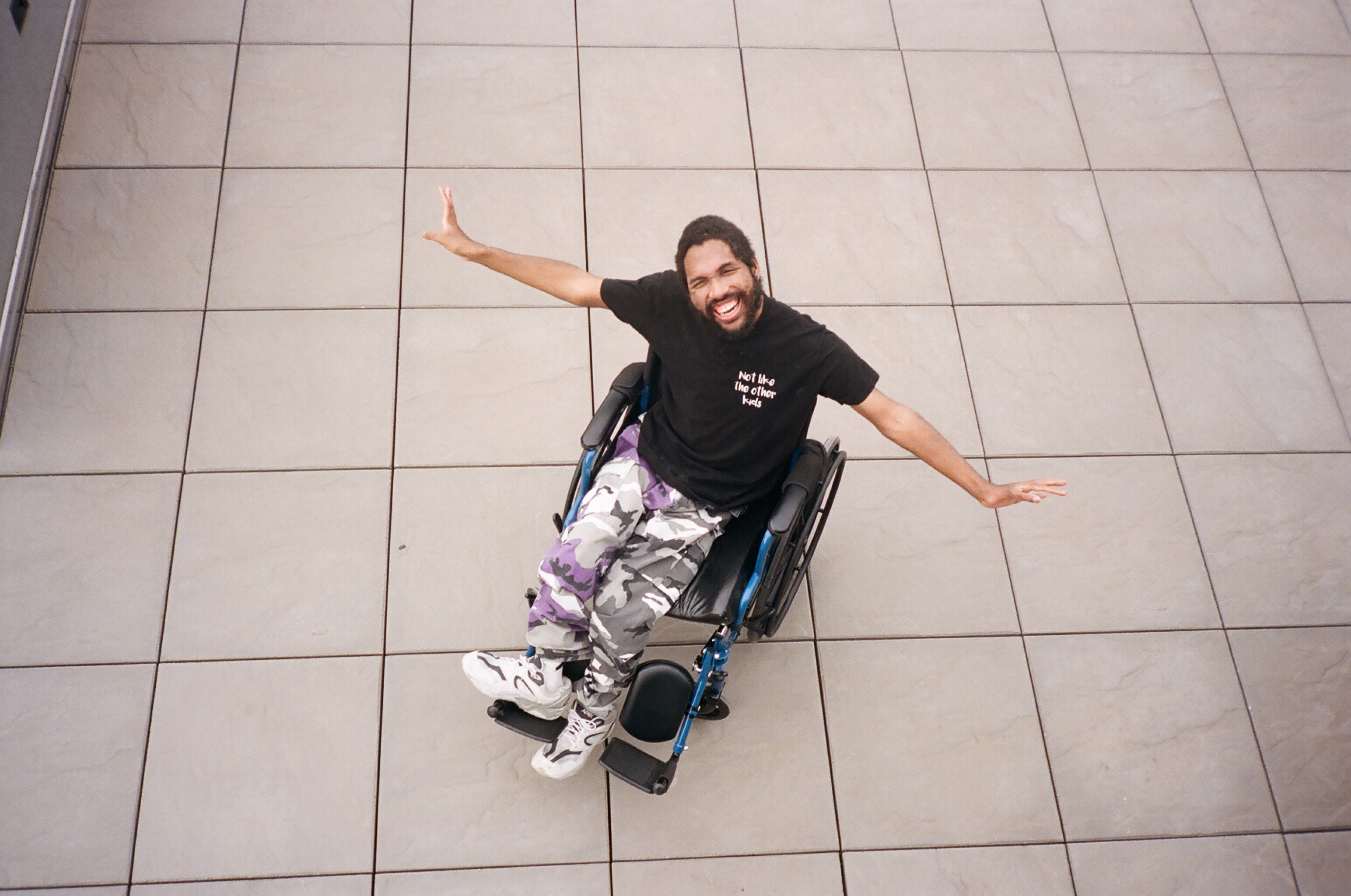
What has the pandemic been like for you?
Girl, at the beginning of the pandemic. I was getting money. I was getting that stimulus money. I was pending that money to go back to school to study theater. But, my pandemic experience was emotional. At the beginning, my sister passed away. I had to see her funeral and that was shitty, and my mother had COVID and then long COVID and that was also shitty. I eventually got sick now so I have been going through it. And then in the pandemic, I was also worrying about paying rent, surviving, I was just living life. And now, I miss my life. I miss my whole life. I know this is my life now too, but it’s different. It’s not the same. I think for me, what is so hard is realizing that so much has changed so quickly. And I don't know what else will change in the next five months. I don't know how my relationships will change, who will stick around who wants to stick around, and how that will look as my disability changes.
And after the summer of 2020, how did you found Black Disabled Lives Matter?
I think for me, I was upset with the Black Lives Matter movement because I thought what exact year did you start it? I started it in September 2020. I was upset that there were a lot of black people dying. But they weren't talking about their disability like Sandra Bland, Eric Garner, Elijah McClain, these people had disability and they weren't talking about it. They were just talking about they were black. I felt compelled to start it. Because I didn't see myself reflected. I know I went to one activist march, and nothing was accessible. I was surviving in a march. And I'm here screaming for George Floyd. It felt like, who's screaming for me?
And it was just like, I gotta start this because I have to share with the general population to highlight the experience. Because a lot of people don't know. They don't know that most people that are being killed by the cops are disabled, 50% or more of people being killed by cops are disabled. It's an even higher percentage for those who are black and disabled. We don't know that statistic, because nobody's talking about it. We don't know that that maybe 25% of disabled people are getting jobs. The rest are either on unemployment or on something which is not income. Most people don't know that disabled people are not making enough money to survive and sustain.
In that work, what do you get angry about, and what do you find peace with?
I think I'm so angry, but I think the thing I found peace with is knowing that my work is going somewhere like our future. I see my work going in places that they've never gone before. And what I want my work to what I want my blackness ablisim work to really do is show people that people like me exist. And I want to be a part of changing history.
Tell me about your work as a dancer.
I guess for me, I enjoy dancing because I don't see anyone like me doing it. When I was dancing on Tik Tok, dancing on Instagram, it was like who is like giving it in their wheelchair so confidently? You know, I was always a creative kid. I went to college for musical theater.
Do you sing, too?
I–I tried singing. It wasn’t my calling. Okay, no, I can sing, but It’s more Rihanna, I give that vocally, but I don’t give, like Beyonce. As a kid, I did voice lessons. My high school had a glee club so I went but there were all these people who perform and could sing, so I was intimidated. What intimidates you and what makes you feel automatically confident? I’m not intimidated, no more. There you go. I think throwing parties in like 2010 in a random basement in Brooklyn in my wheelchair–that gave me confidence. Like having a real New York moment. I was one of those girls at the time, who was throwing parties in the clubs in Brooklyn an clubbing a lot. I was 19 or 20 getting drunk with a fake ID and a wheelchair, that was my life. I live my life. I’ve done mosh pits in the chair, I’ve made out with someone at a festival in the wheelchair.
What role does humor play in your life?
It’s everything? Sometimes I joke on myself, sometimes I joke on my disability. I think humor plays a role in my life because it makes my life more exciting. A hospital can be a depressing place, and I have chosen to find joy in the bleakest scenarios. I’ve been watching the Olympics, listening to music, twerking, or fake twerking. Just trying to live my life. In a hospital, it can seem like there isn’t an end in sight. But, for me, the beginning is there. Life is beginning and I have a new life. I’m wearing a hospital gown. I get to be naked, like a baby.
So what’s next for your new life?
Sleep. I just sleep. It’s like being a baby again. I sleep all day, I wake up, eat, sleep again. For me, this has been a wake-up call, like a sign that if you don’t get your act together, you’re going to keep going back. And clearly, I need to get my act together or I’m always gonna come back and nothing will ever change. I don’t want to make it seem like it’s a bad experience. I think I have to accept that this is what my life is going to be like for maybe a month or two, and eventually, I’ll get back to it. It’s not over because you went through something, it’s over because you stopped. It’s over if you give up and stop caring. But I still care. I know I got some fire.
